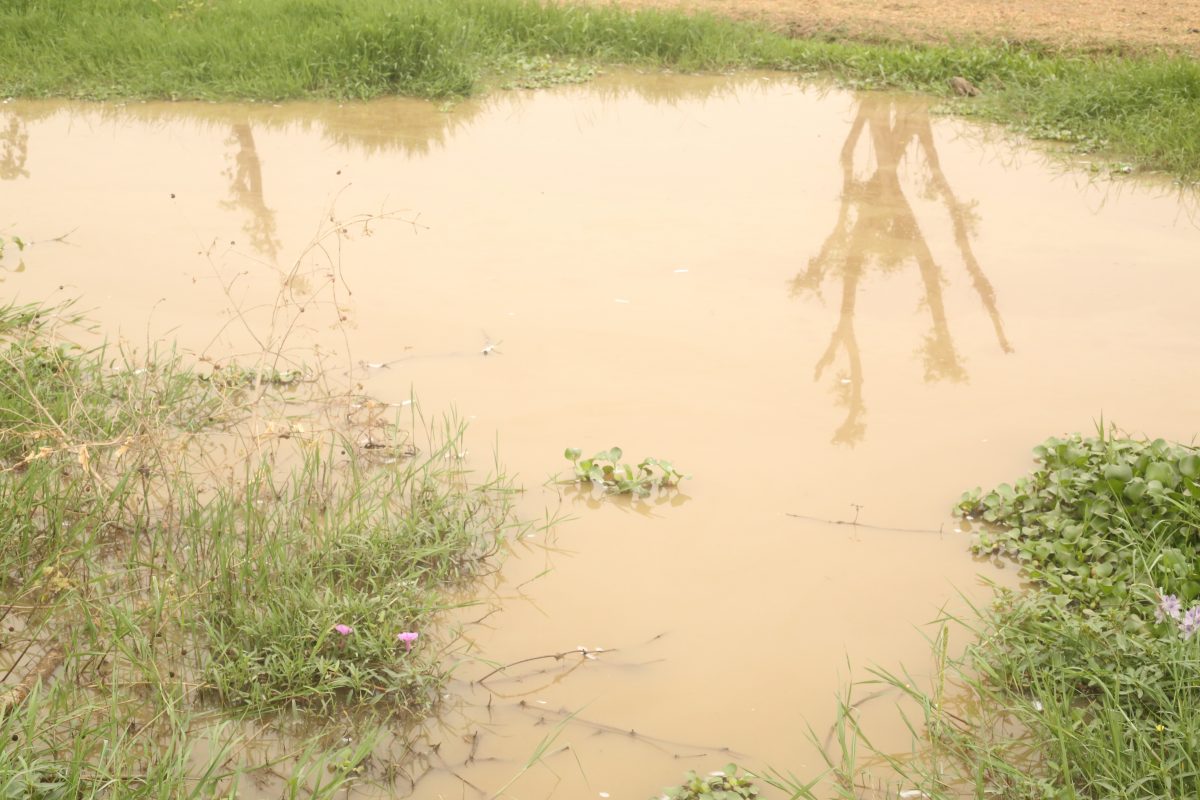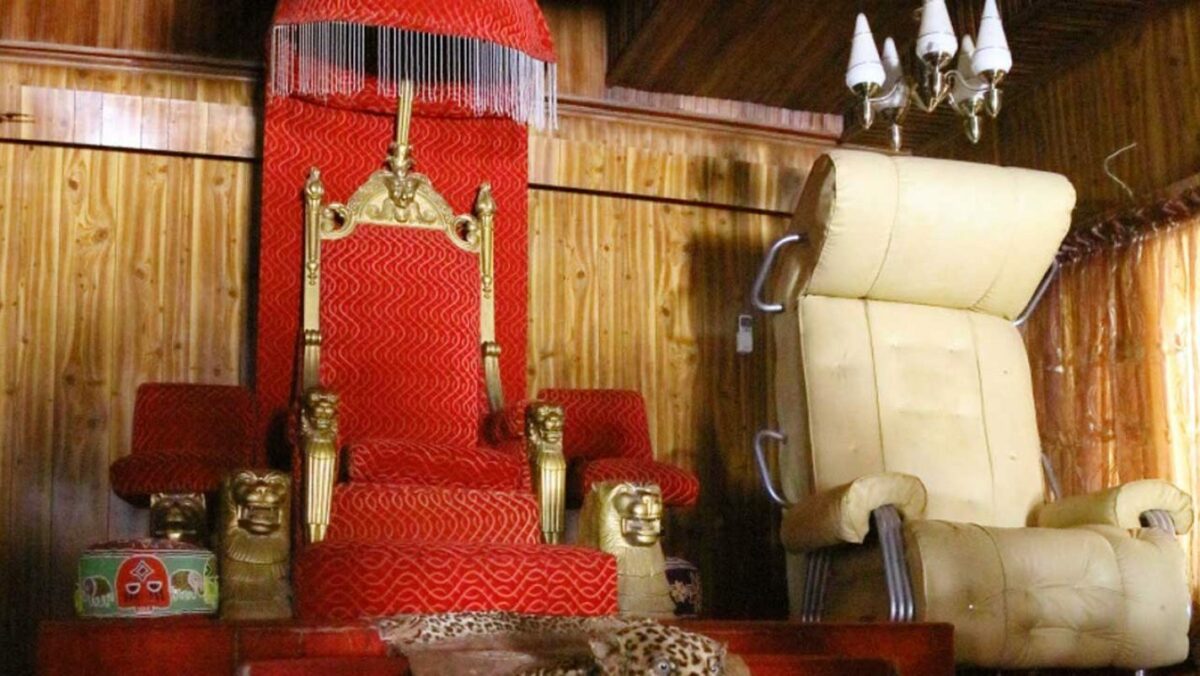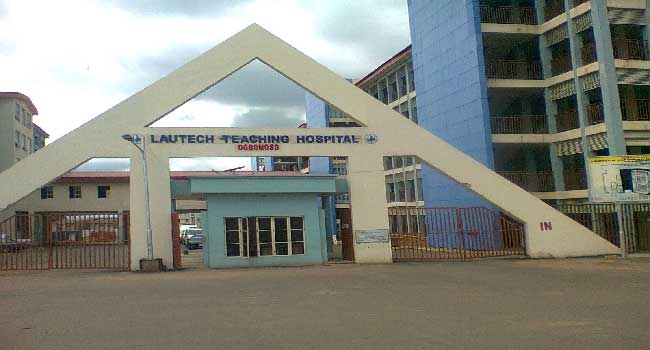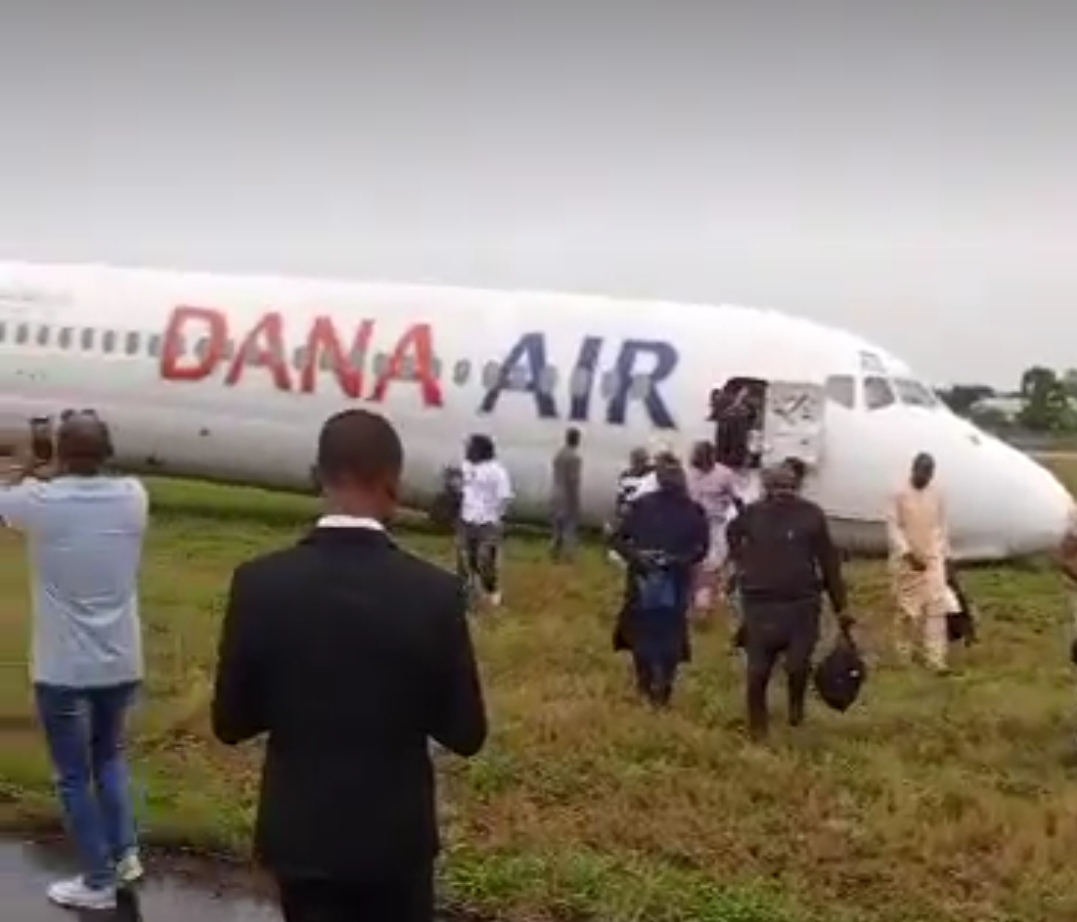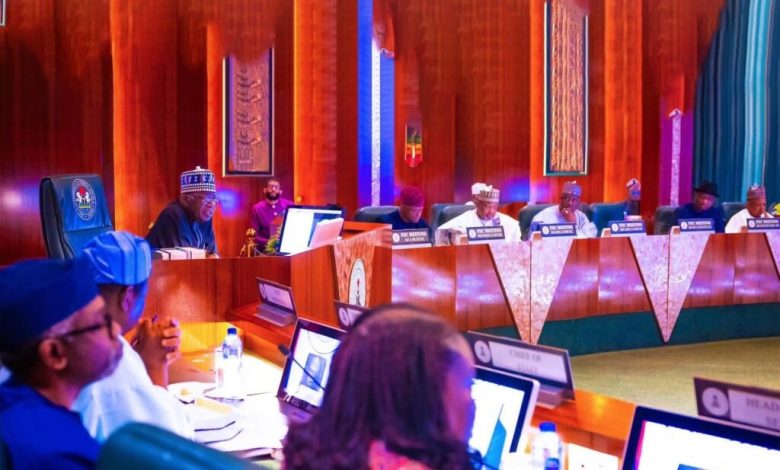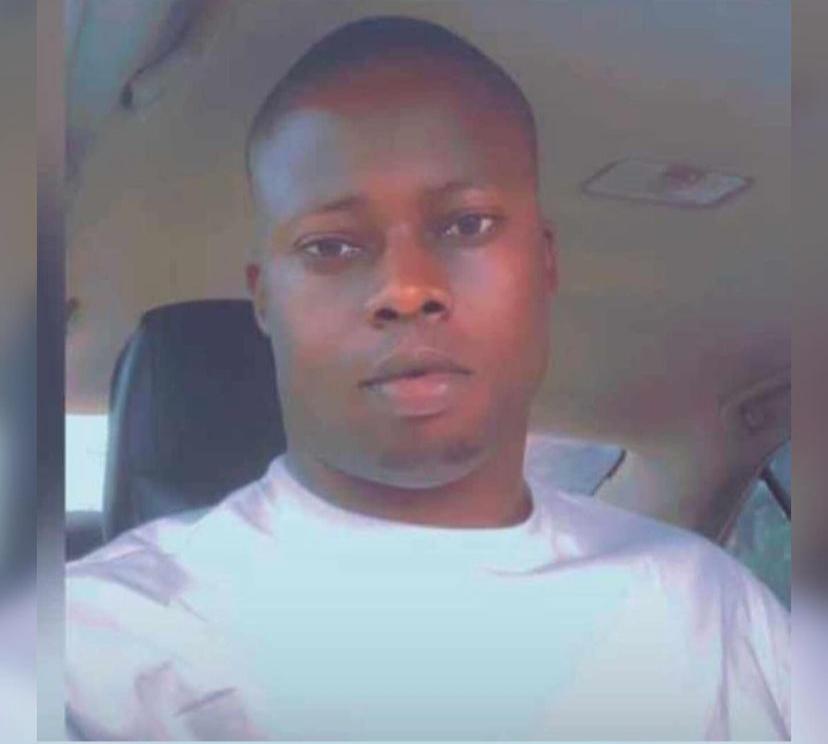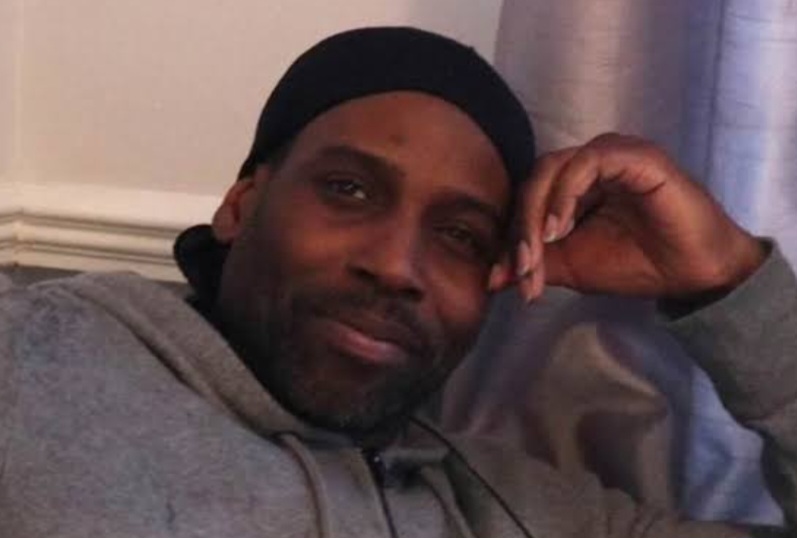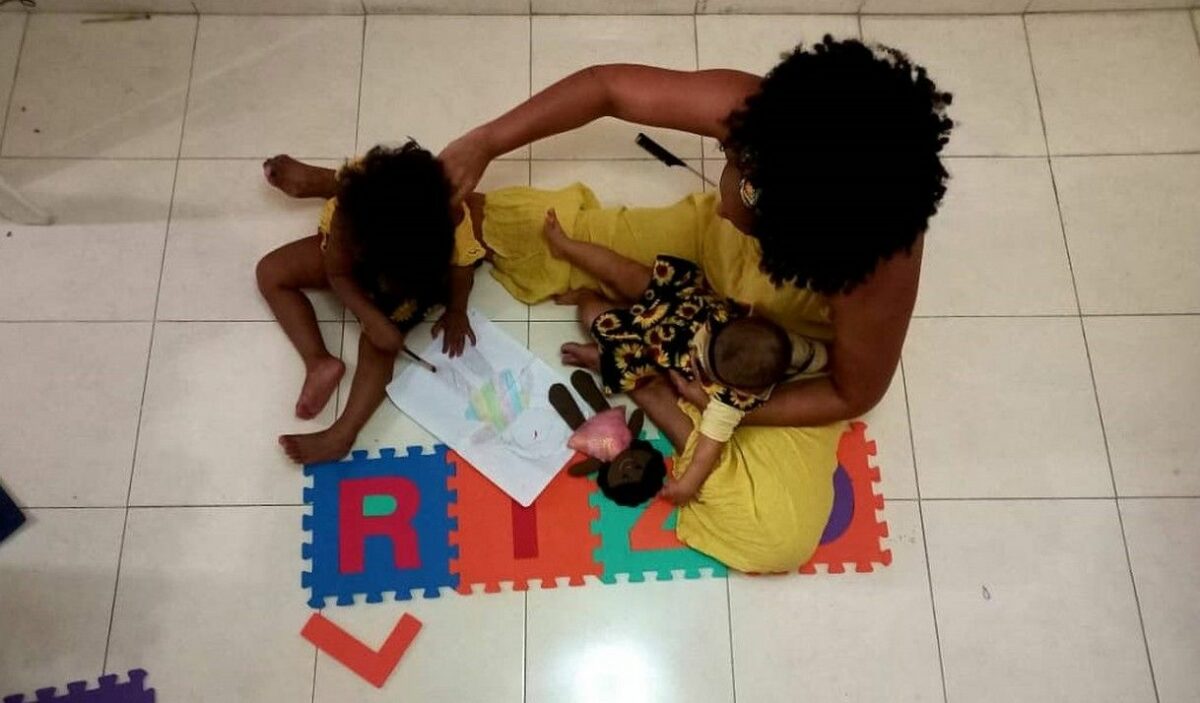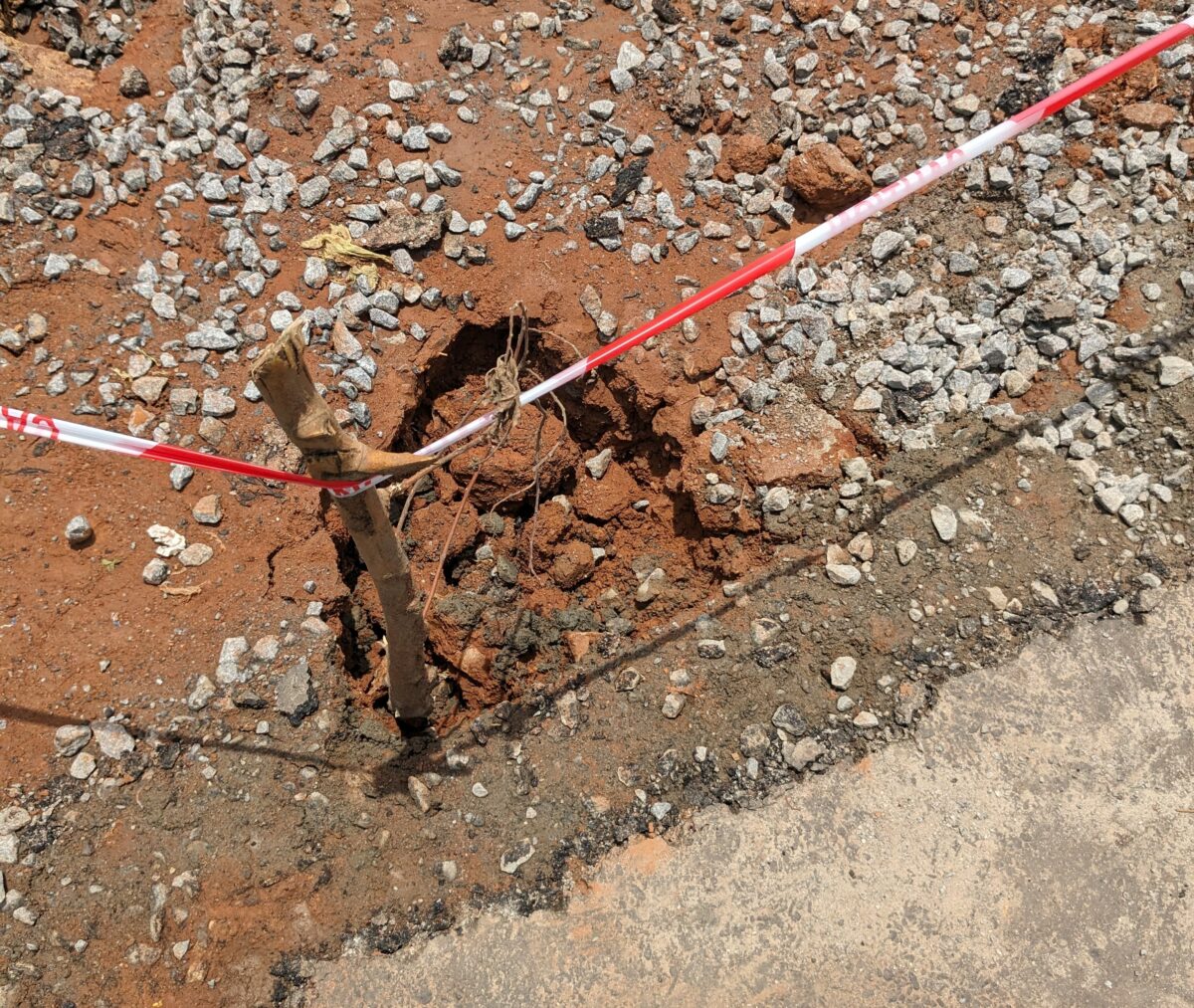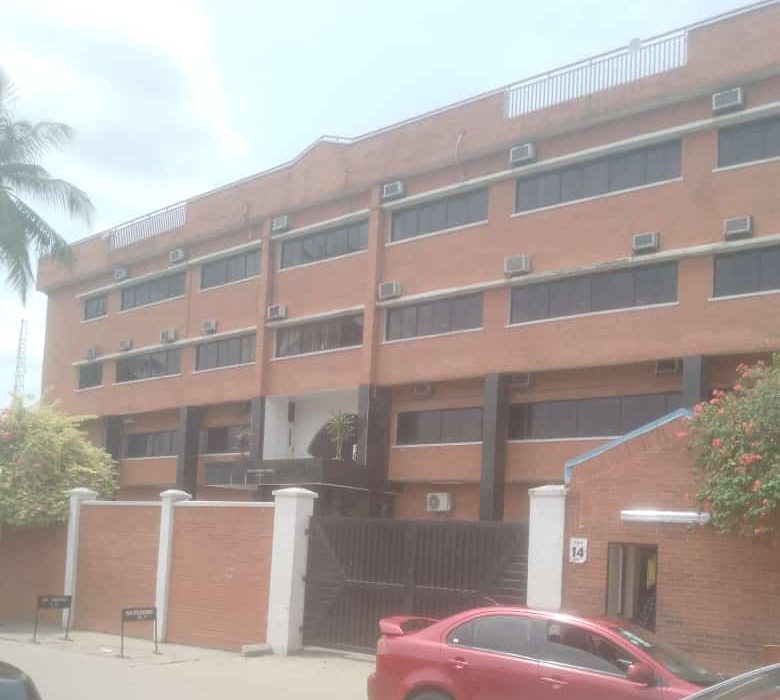In December 2021, over 45 people were killed as a result of the age-long violence between farmers and nomadic herders in the Obi and Awe local government areas of Nasarawa State. In search of a lasting solution to the crisis, TOLA OWOYELE visited several hot spots of the attack.
“Where you call am? Chabo? Me I no dey go,” a commercial motorcyclist said to me and zoomed off. He was the third rider to turn down the request of taking me to Chabo, a remote Tiv settlement in the Obi Local Government Area of Nasarawa State, that afternoon.
READ ALSO: INVESTIGATION: Farmer-Herder Crises in Oyo have Driven over 800 Children out of School
The first two riders had cited bad road network and the fear of attack by armed herdsmen as reasons for not wanting to embark on the journey with me.
After the third rider’s refusal, I wandered around Assaikio, a community about an hour’s drive from Lafia, the capital of Nasarawa State, for close to an hour, looking for a rider that would be willing to take me to my destination.
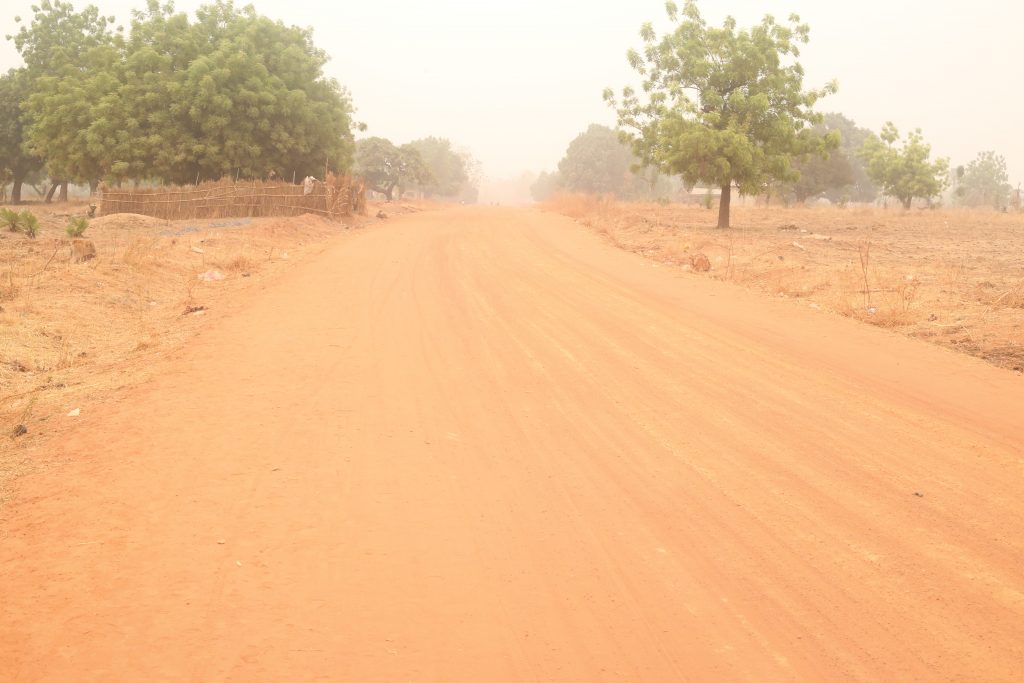
Then came Jacob Ityohegh, who was not just a rider in Assaikio, but also a Tiv native. He understood the purpose of my visit.
“Oga, I no go blame any Okada man who no wan go Chabo. Nobody wan die. Wife dey house, pikin dey house. Apart from say people dey fear to go that side, the road sef no good,” explained Jacob.
The roughly one hour ride to Chabo was indeed a bumpy one. Jacob’s motorcycle shut off four times as we journeyed the uneven path leading to the settlement. We also nearly fell off the motorcycle three times while in motion; twice while attempting to climb two different hilly paths; and once as we attempted to cross what looked like a bridge made of red earth.
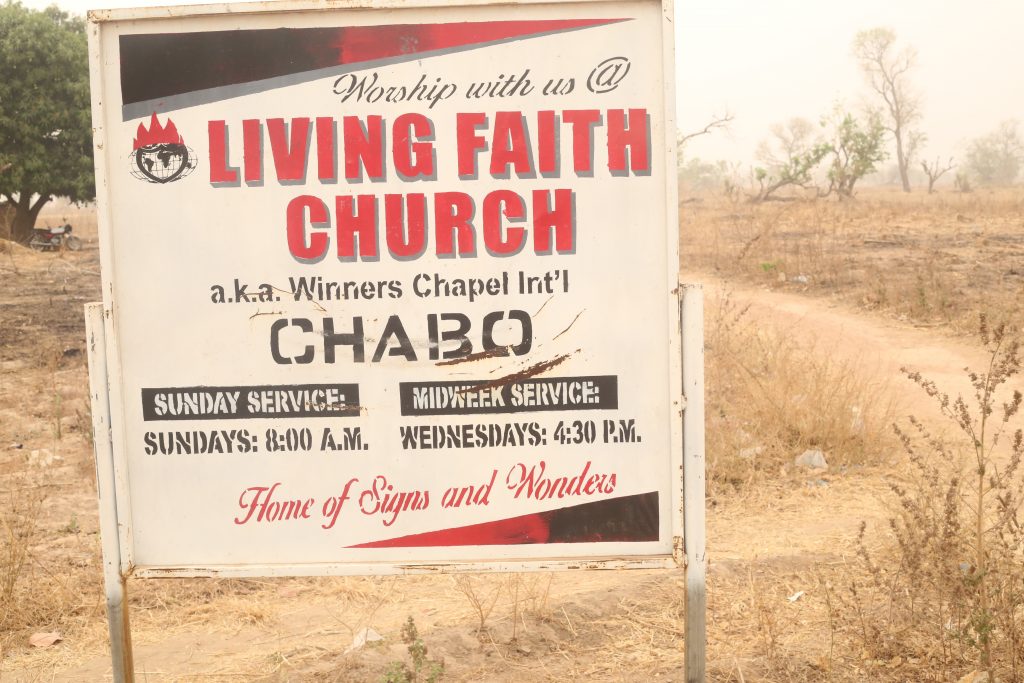
After the unending bouts of uncertainties and difficulties encountered on the road, we eventually saw some buildings made from red earth from afar.
“We don nearly reach Chabo. Na some of their houses you dey see for front so,” a relieved Jacob said, navigating his bike towards the settlement’s main entry point.
CHABO’S SHARE OF MISFORTUNE
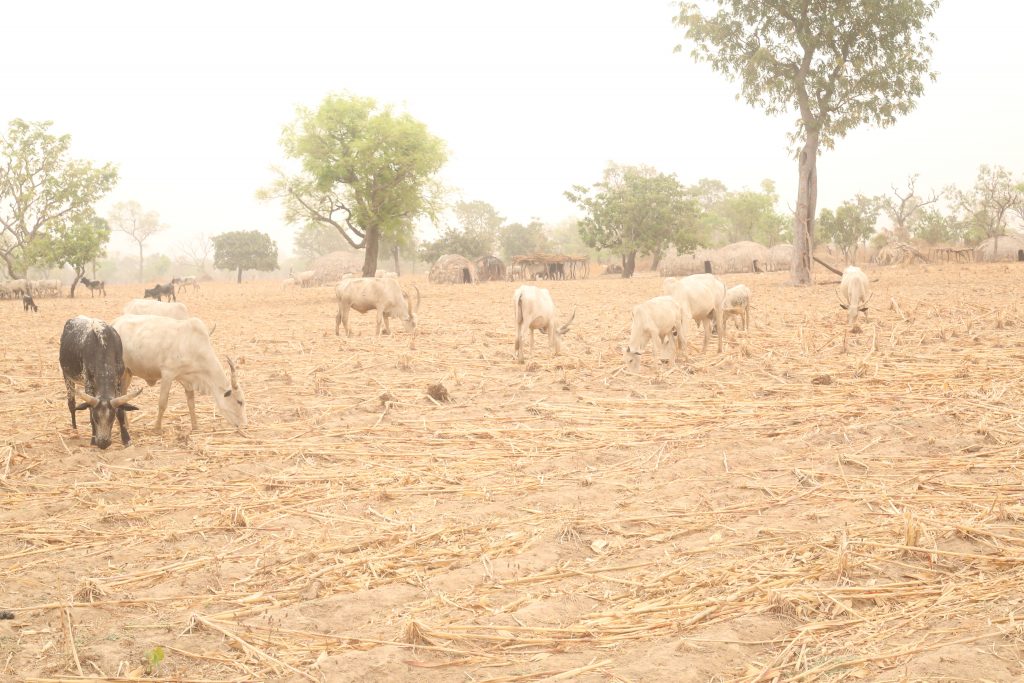
In December 2021, the lifeless body of Idris Umaru, a herdsman, was found at a location very close to Chabo.
Idris was deemed the wealthiest and most popular among his fellow Fulanis in the area because of the large size of his herd. He also resided in a Fulani settlement just outside Chabo.
“When the corpse was discovered at a place very close to our settlement, we promptly went to the police station in Obi to inform the officers of the development,” said Abraham Alfred, a member of the Chabo community, while speaking with FIJ.
“After we had informed them, some police officers visited and took the body away.”
Like every other member of the community, Alfred thought the episode had ended after the police came to take Umaru’s body away. However, the next few days would change the lives of the people of Chabo forever.
THE DECEMBER 18, 2021 ATTACK
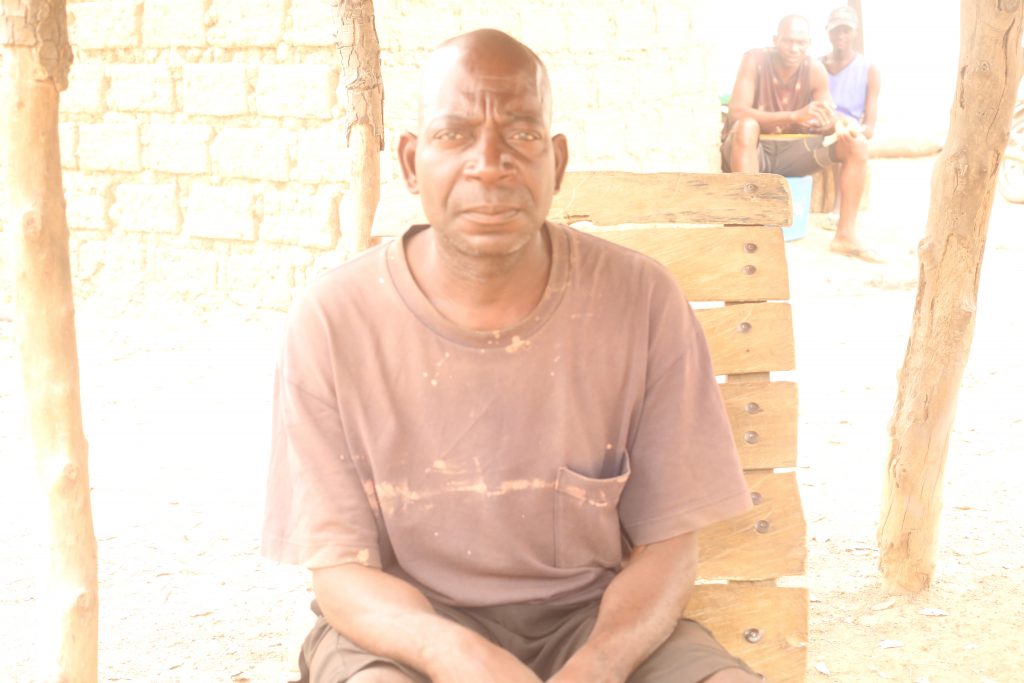
“It happened on a Saturday. The general talk during that period was how we would celebrate the Christmas that was just a week away,” said Dennis Usungu, the Deputy Sarki of Chabo.
“If my memory serves me right, the incident happened around 10 am, in broad day light. Some of the men and women of our community had gone for their daily farming activities, while some of us were still at home. The next thing, we started hearing gun shots from all sides of Chabo.”
Usungu said Chabo got surrounded by suspected herdsmen, and they were shooting at any inhabitant they could sight.
“Pandemonium broke out and we all started running in different directions, just to avoid being killed. As old as I was, I managed to make it to the swampy part of Akor, our main river, where I buried myself for hours,” he said.
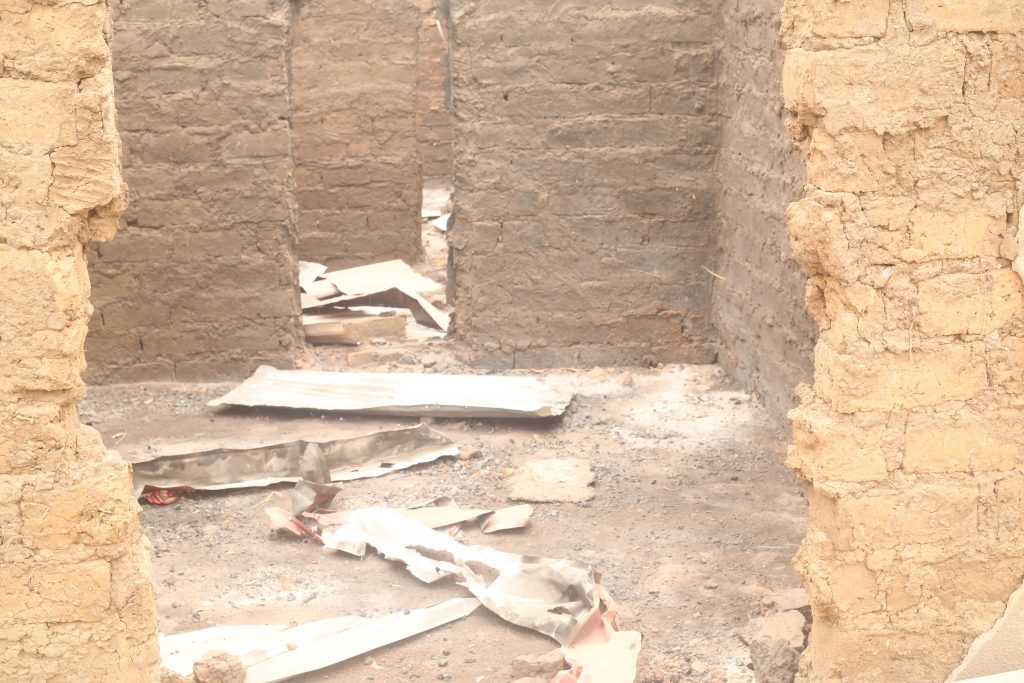
Usungu said some of his kinsmen were however not so lucky, as they fell to the sporadic shooting of their attackers.
“Some were chased to as far as where they had their farms and were killed there. It was a very terrible day. We even had to bury some men on their farms. Some bodies were also recovered from the river during the period,” said Usungu.
READ ALSO: Was There Really a Massacre at the Lekki Tollgate?
“Later, we got to understand that the attack was a reprisal attack carried out to avenge the death of Umaru, an incident we did not know anything about.”
On the day of the attack, FIJ gathered that close to thirty people were killed in Chabo alone.
THE CHAT WITH ISAAC DANJUMA
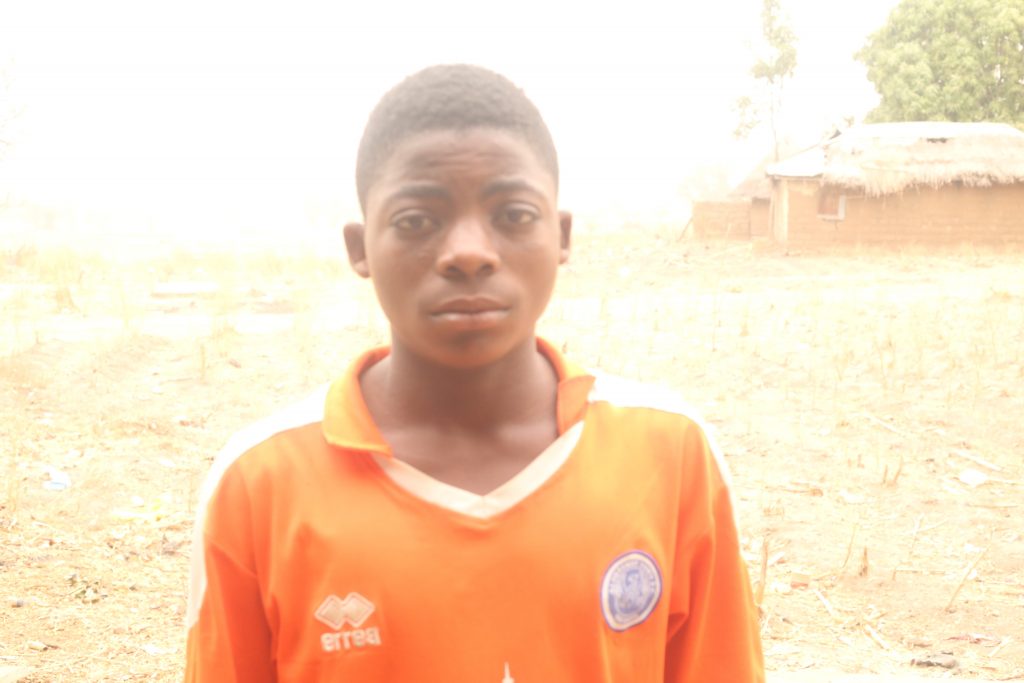
After my chat with Dennis Usungu, I went to the centre of the settlement to further chat with a few farmers who had just returned from their various farms.
During my interaction with them, I noticed that a teenager had isolated himself from the group. He sat alone and his facial expression reflected both anger and sadness. One of the men, who noticed that I was staring at the teenager, told me his name was Isaac Danjuma, and that he had lost Ezekiel, his elder brother, to the December 18 attack.
On hearing this, I instinctively walked up to Ezekiel to have a chat with him.
“He thought me everything. He thought me how to farm, and how to fish. I learnt everything from him,” Isaac, 16, said of his brother during our chat.
“I always feel sad and angry when I remember him. On the day of the attack, I ran and hid myself around the river area, where nobody could see me. We later came out from our hiding places after the attackers had gone. It was then I realised they had killed my brother.”
“Ezekiel was about going to his farm when the gun men attacked. I was told he ran to avoid being killed, but was chased by the men. The men would eventually catch up with him, place him on a stump located on the main path leading to Chabo, and macheted him to death.”
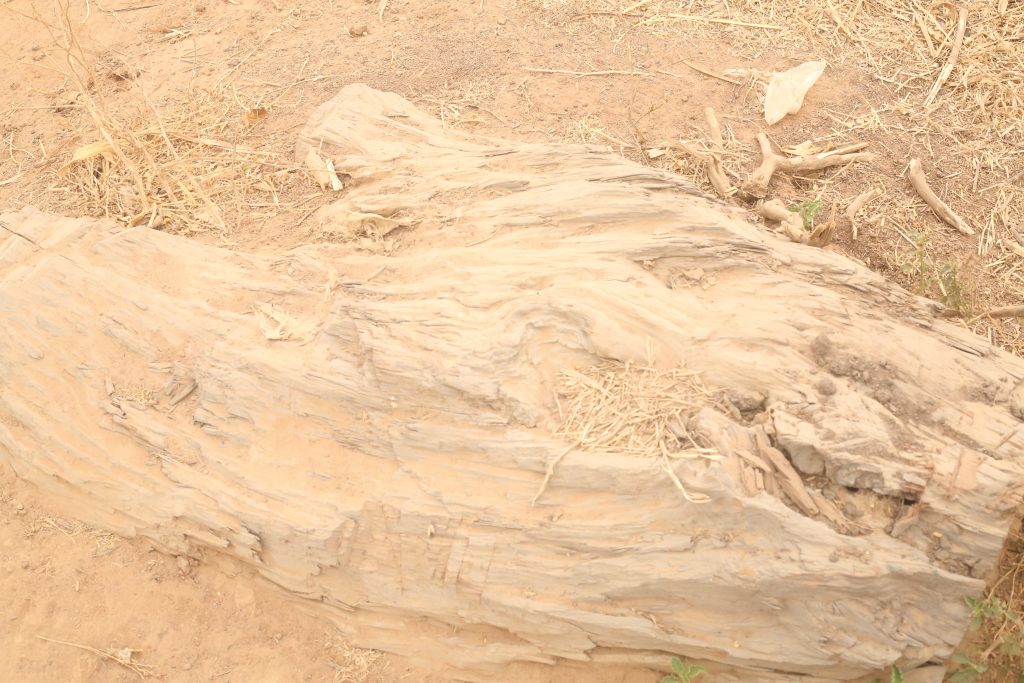
Isaac and the late Ezekiel are the sons of Danjuma Koyoro, the Sarki of Chabo. The Sarki is yet to get over the death of his son, and has been on admission at a Lafia hospital ever since. Ezekiel left behind two wives and three children.
JERRY ULOHO’S WIVES
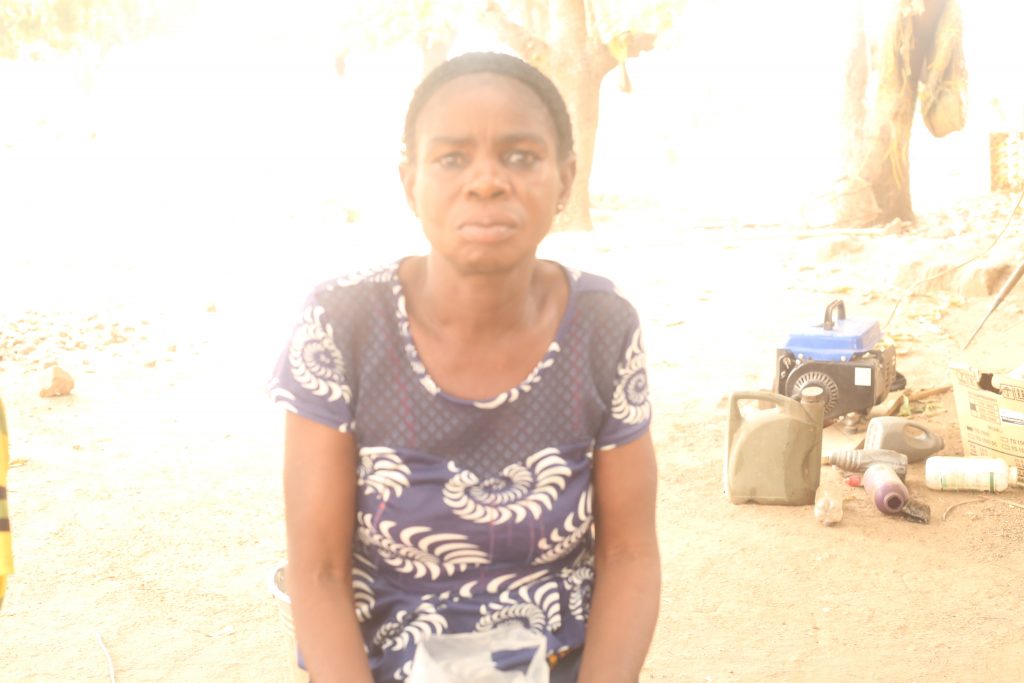
Hurrem Uloho, 43, fought back tears when she offered to speak to me about Jerry Uloho, her husband. Jerry, 48, was killed on his maize farm during the attack.
“That morning, he woke up saying he was not feeling too well. On hearing this, I advised him to rest and not go to the farm,” she said.
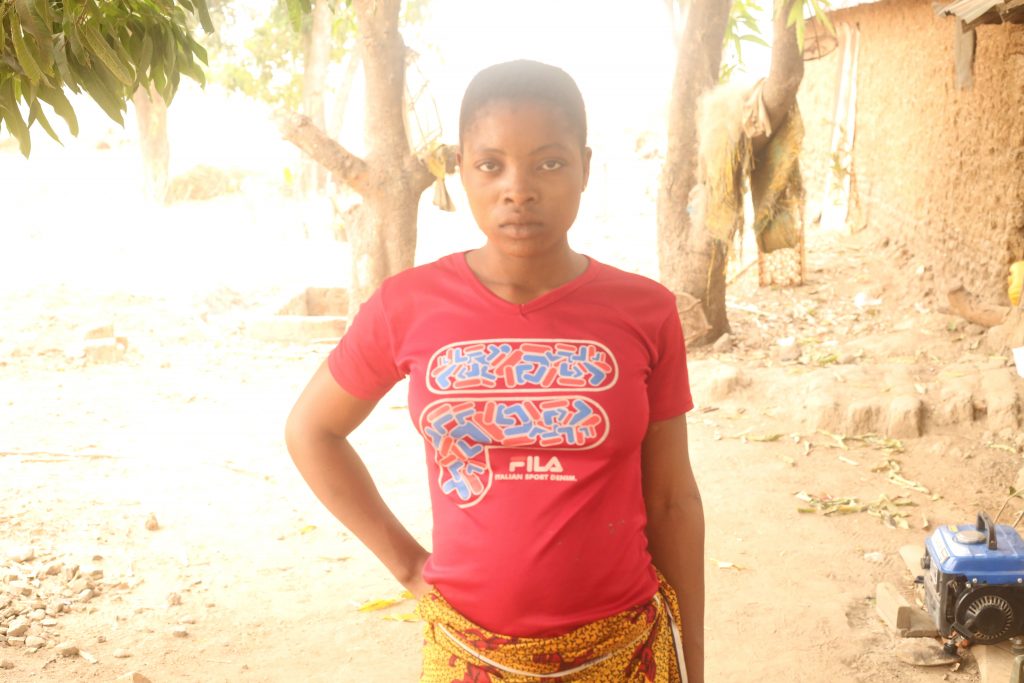
“But he said he would go, and that he needed to finish a few things on the farm that morning. He also said he wouldn’t spend too much time on the farm so he could come back home and rest. That was the last time I saw him alive.”
READ ALSO: SPOTLIGHT: Lt Colonel Bello, the Man Who Led Lekki Massacre and Shunned Judicial Panel
As Hurrem spoke, Washima, 21, Jerry’s youngest wife, also came to sit with us.
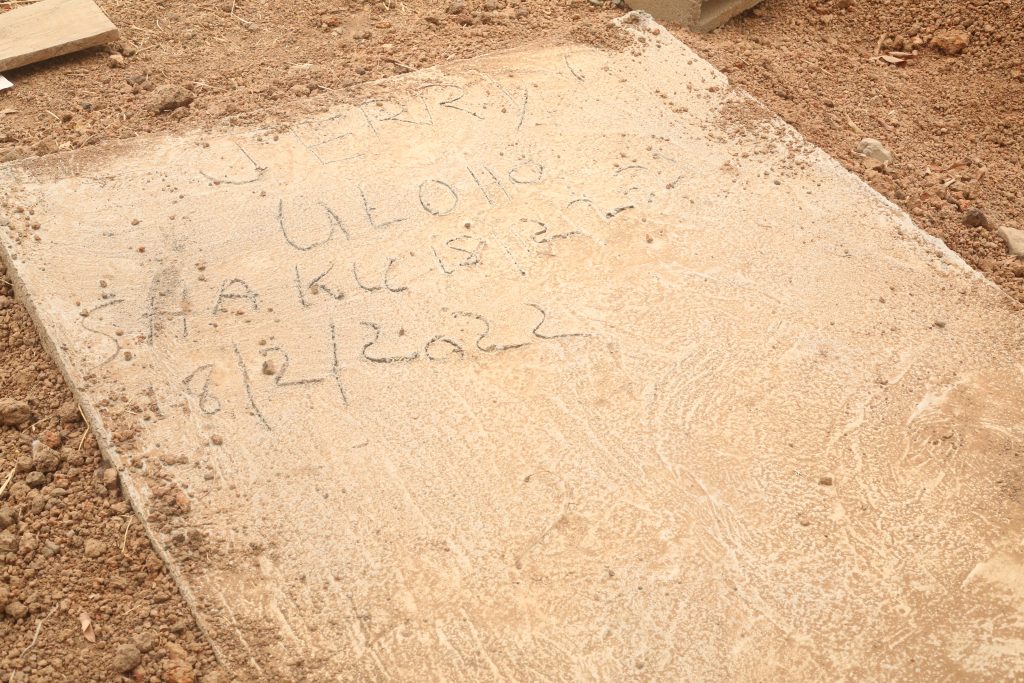
“He was full of life and hardworking. He would work day and night just to ensure that we never lacked anything,” Washima said.
“Now that he is dead, we no longer have a breadwinner. We now have to fend for ourselves in order to get most of the things we need. Life has been very difficult since his death.”
Jerry left behind three wives and five children.
THE FISHERMEN AND FARMERS OF CHABO
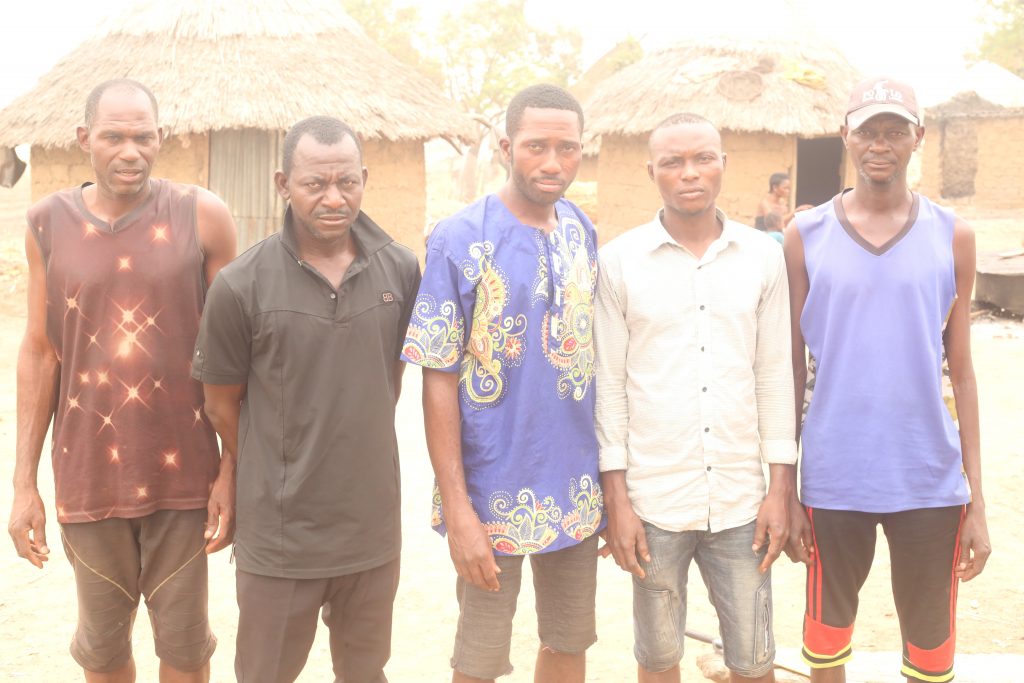
Since the days of the first settlers in Chabo over hundred years ago, the inhabitants have always been known for two professions: fishing and farming.
“During dry seasons like this, what we majorly do is fishing,” said 27-year-old Abraham Alfred.
“But as soon as it starts raining, we go into farming. Majorly, as a people, the crops we grow are maize, guinea corn and rice.”
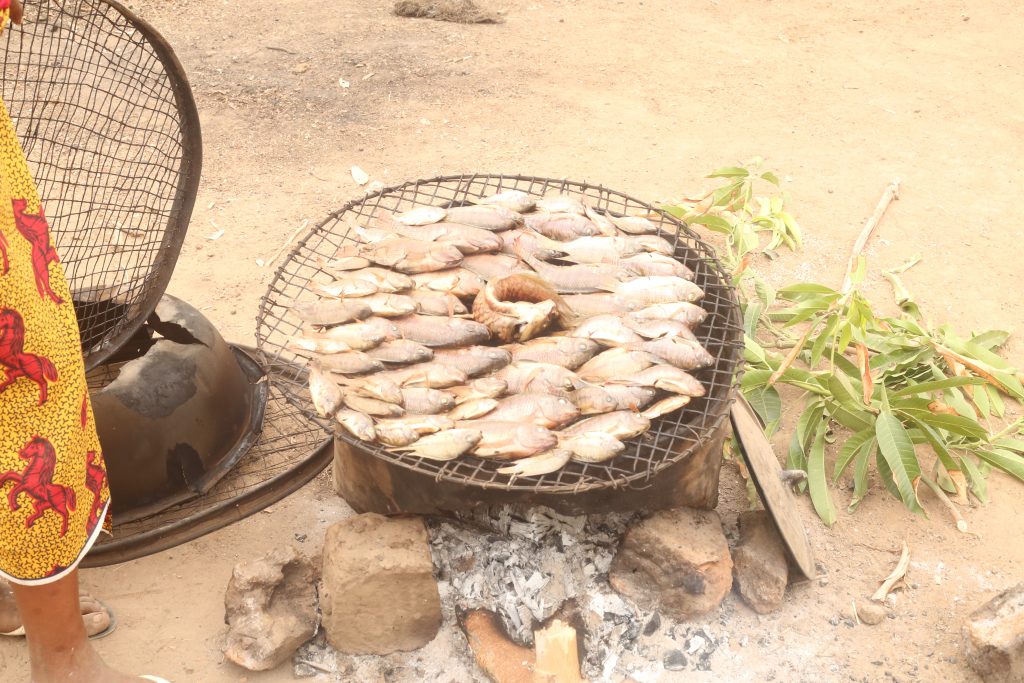
For their fishing activity, the people of Chabo depend solely on River Akor, a river that has its roots in Benue State. Apart from contributing to the community’s economy, the river is used by the people for cooking and drinking. Also, it has always been a major source of conflict between the people of Chabo and herders in the area.
READ ALSO: Trees Also Bleed: Inside the World of Illegal Loggers in Ekiti
AGELONG CLASHES OVER GRAZING ACTIVITIES AND ACCESS TO WATER
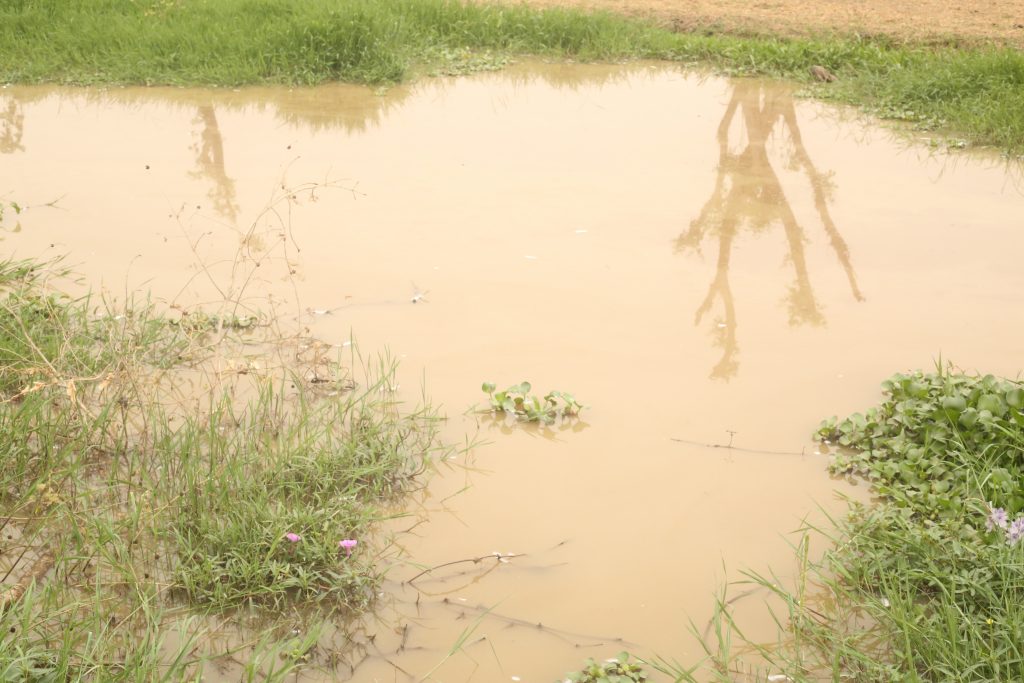
“We depend on the river for cooking and drinking,” said Usungu, the deputy Sarki of Chabo.
“When this herders come, they defecate inside the river and mess up its surroundings as well with cow dungs. This led to many clashes in the past.”
The leader also stated that during the rainy season, their crops get destroyed as a result of the activities of the herders.
READ ALSO: EXPOSED: How E-Tranzact Stole N450m in 10 Months From Federal Civil Servants
“They lead their cattle into our plantations and destroy them. We have recorded countless losses as a result of this. This has been going on for over twenty years.
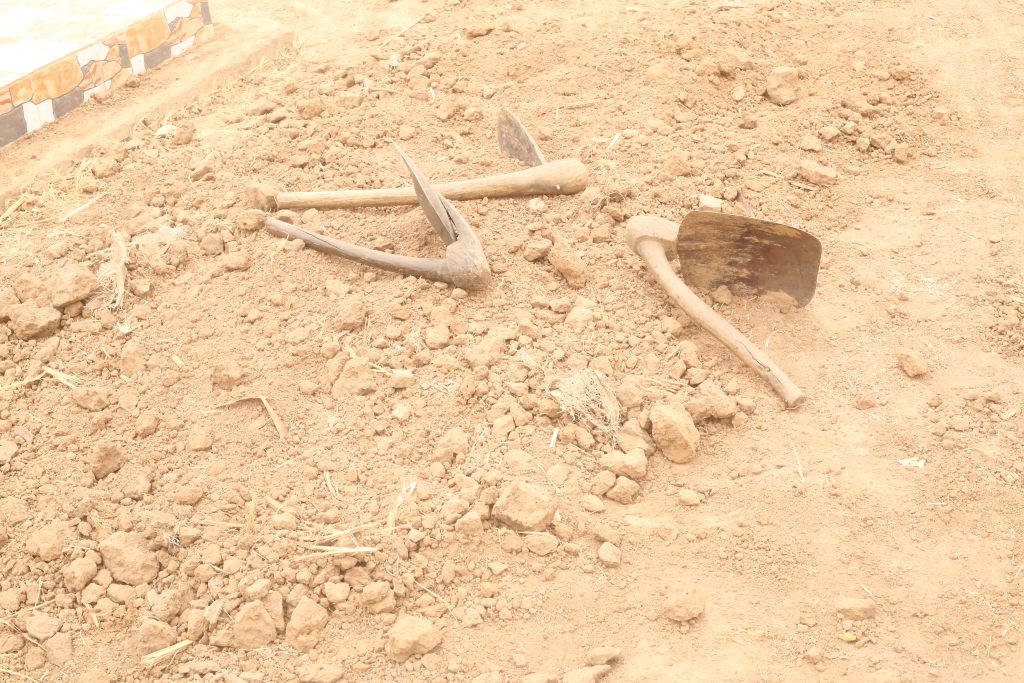
“To the outside world, the December attack was just a reprisal attack, but, to us, it is about the control over our farm lands and river.”
| NAME | DATE OF DEATH |
| Jeremiah Uloho | December 18, 2021 |
| Terry Ukoyool | December 18, 2021 |
| John Boniface | December 18, 2021 |
| Ezekiel Danjuma | December 18, 2021 |
| Otuwe Akaazua | December 18, 2021 |
| Ayuba Ali | December 18, 2021 |
| Tersoo Clement | December 18, 2021 |
| Shedrack Kente | December 18, 2021 |
| Laadi Igba | December 18, 2021 |
| Mbanever Wachi | December 18, 2021 |
| Joseph Wachi | December 18, 2021 |
| Sebastian Wachi | December 18, 2021 |
| Kwadoo Wachi | December 18, 2021 |
| Isaiah James | December 18, 2021 |
| Sani Dauda | December 18, 2021 |
| Ahemen David | December 18, 2021 |
| Emmanuel Igbauke | December 18, 2021 |
After bidding farewell to the people of Chabo, I asked Jacob if we could visit Gidan Daah, another TIV settlement about 45 minutes away.
Jacob said no.
“Oga, I no dey go. E too risky. Night don come. I no wan die,” he said, starting his motorcycle engine.
“If you see me for park for Assaikio tomorrow, I fit carry you go.”
THE GIDAN DAAH STORY
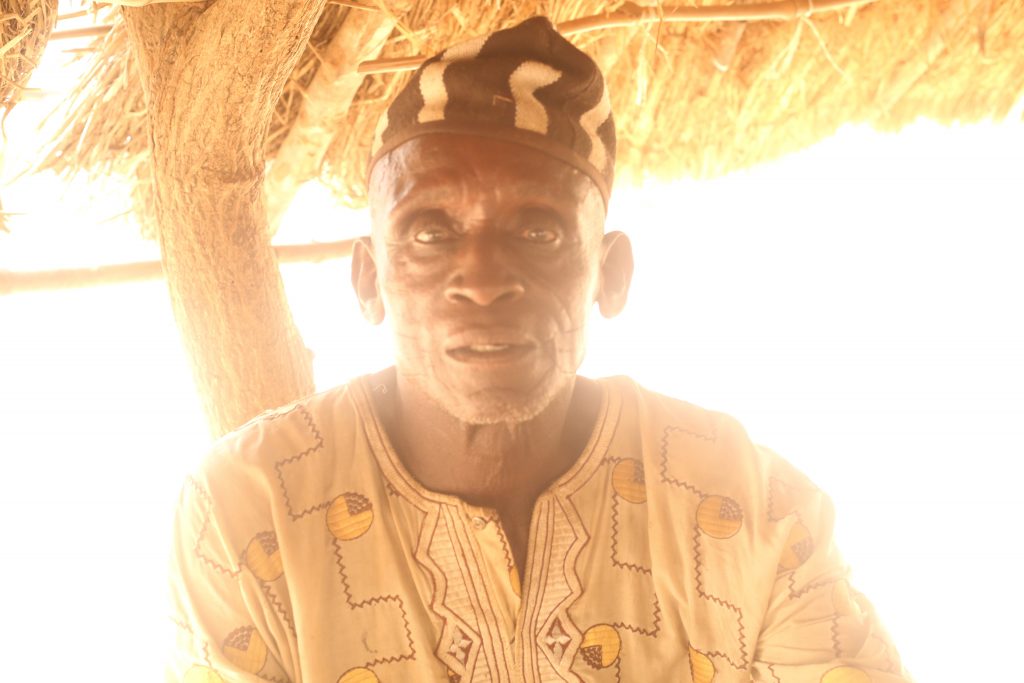
The following morning, I linked up with Jacob once more, and together, we headed to Gidan Daah.
The journey to the community was equally as eventful as the one to Chabo. Jacob’s motorcycle shut off twice on the uneven and hilly path, and this time, we actually fell off his bike once.
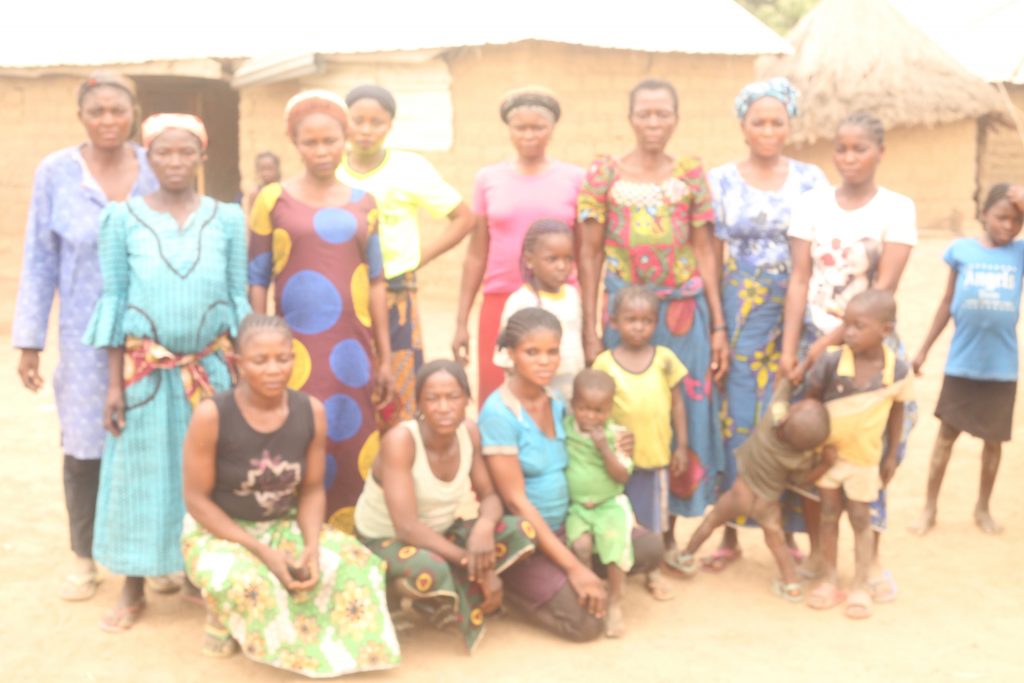
We got to the community after about an hour. After exchanging pleasantries with the first group of men we met at the settlement’s main entrance, I was directed to Jimmy Daah, the settlement’s head.
READ ALSO: REVEALED: What Timothy Adegoke’s Body Looked Like When Found
Daah, who was sitting under a bamboo-made shed with a thatched roof, welcomed me with a warm smile and a hand shake. He spoke in Hausa to me and had someone translate his comments to me in English.
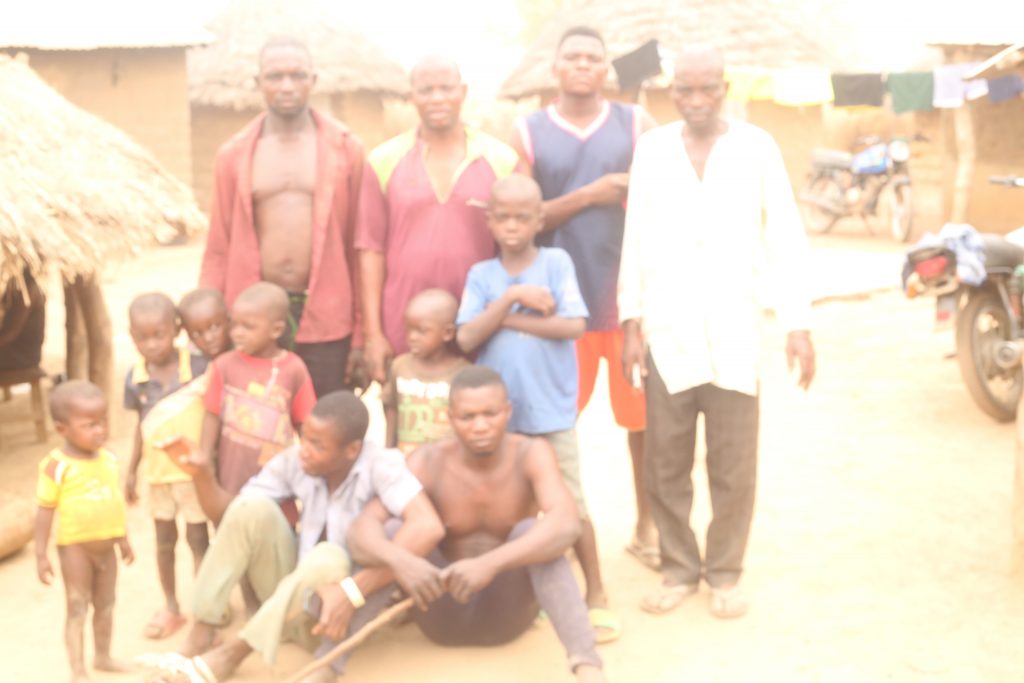
“I have lived in this place my entire life. My father and grandfather were born here,” the settlement head, who is in his sixties, told FIJ.
“When they came that December afternoon, they started shooting at us and ended up killing six people from our settlement here. They said they were doing it to avenge the death of their kinsmen, an incident that none of us knew anything about.”
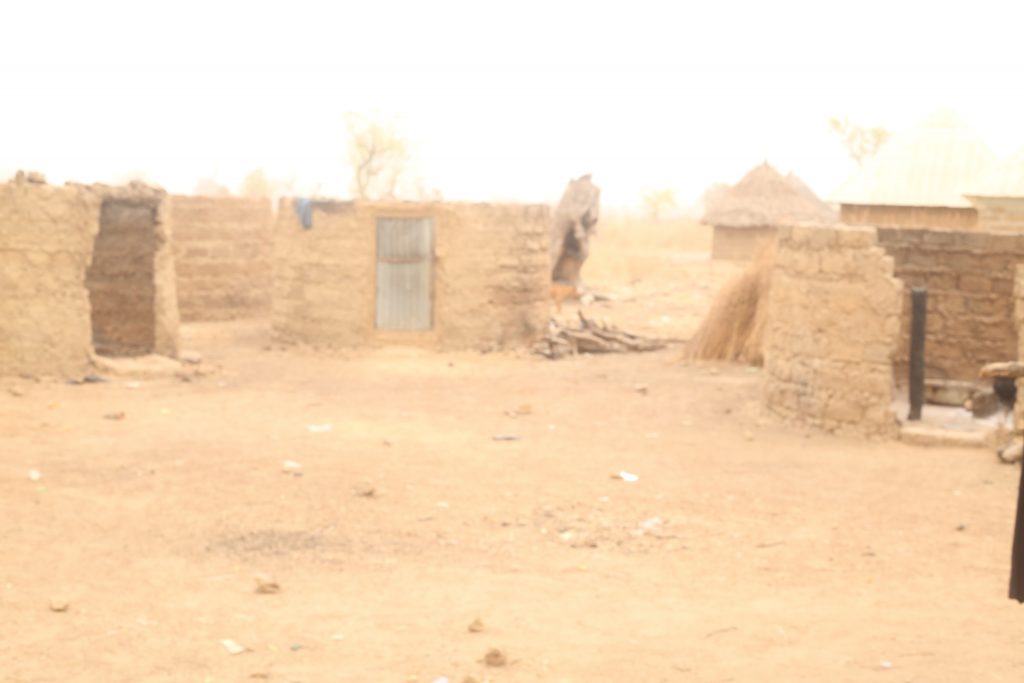
The Sarki also said all their harvests were carted away during the attack and that presently, the inhabitants of the village were too scared to plant crops, as their attackers might come back to destroy them.
“After the attack, those of us that survived deserted the village and took refuge elsewhere. We only just returned recently,” he said.
READ ALSO: N2.95m Vanished From GTB Customer’s Account. He Fainted
“As we speak, we are too afraid to cultivate crops. There is still palpable tension and the fear that they might attack us again soon. For me, this thing is beyond just the death of a Fulani man. It is about having unfettered access to our lands and crops.”
Unlike in Chabo, the people of Gidan Daah solely rely on farming to survive.
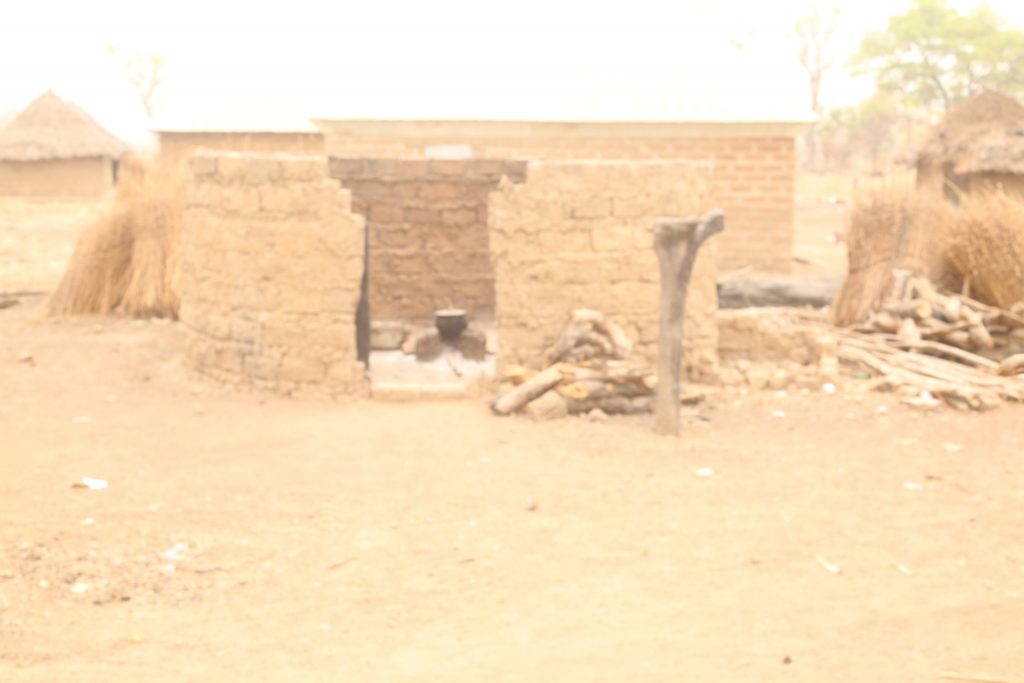
“Since our return, what we do these days is hunt in large numbers and sell our trophies in exchange for all the things we need to ensure our continued survival, ” the Sarki said.
“Nobody wants to plant any crop that would not last a month before it gets destroyed by cows. If you put up any resistance, you may get killed as well.”
After speaking with a cross section of other natives of the settlement, I discovered that not all the former occupants had returned.
“Some have said they may never come back. Nobody wants to die,” said Ciater James, one of the inhabitants of Gidan Daah.
Among the ruins the attackers left behind was an empty barn that used to be home to all harvests made by the people of Gidan Daah.
THE TENSION IN JAGANGARI, AWE
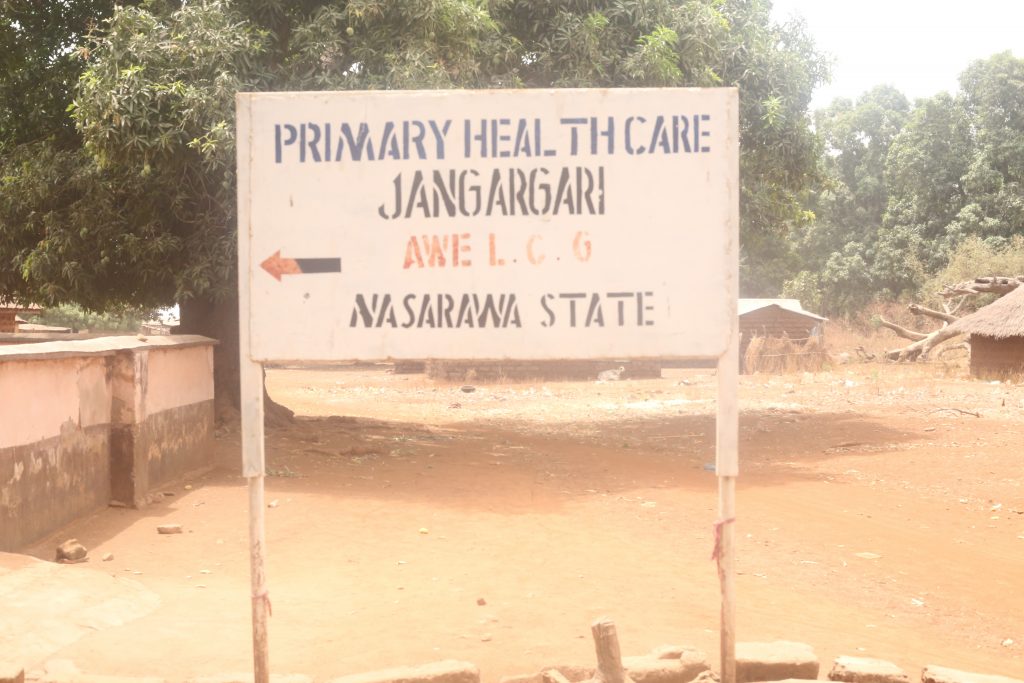
I also went to a settlement called Jagangari in the Awe Local Government Area of Nasarawa State.
The settlement itself is about an hour’s drive from the town of Awe. Unlike the roads leading to Chabo and Gidan Daah, there were no signs of destruction or attack in the community.
READ ALSO: From Real Estate Fraud to Land Grabbing, Ooni Ogunwusi’s Scandals
However, tension filled the air in the area. Unlike the first two communities I had visited, there were no women and children in sight in Jagangari.
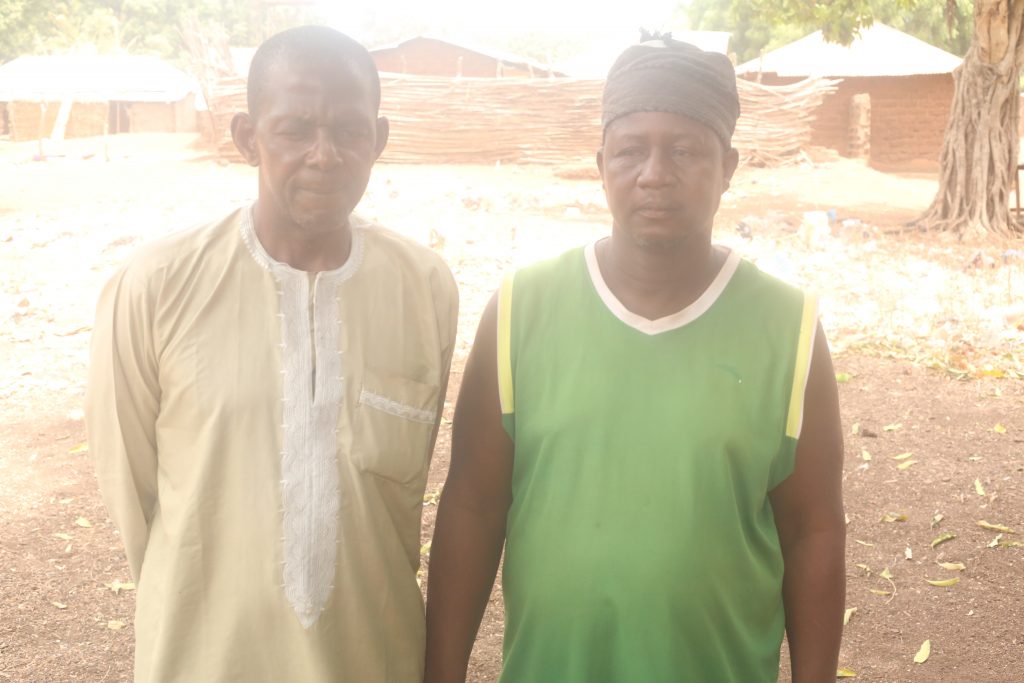
“We share a common boundary with Benue State. Last year, the government of the state declared that they no longer wanted herders on their lands, and that led to an influx of the herders into our settlement and other surrounding settlements around here,” said Muhammed Marafa, an elder in the settlement.
According to Marafa, the presence of the herders led to several clashes over grazing and water rights between the Fulanis and farmers in the area, especially the Tiv settlers residing in neighbouring communities like Mararaba-Awe and Sabongida-Awe.
READ ALSO: TIMELINE: Ooni Ogunwusi Adeyeye’s Failed Marriages
“Mararaba-Awe and Sabongida-Awe have been deserted because of the crisis,” said Maiwada Abdullahi, another elder in the village.
“Despite the fact that we’ve not suffered any bloody attack lately, we still live in fear. As we talk to you, there are no women and children in this community at the moment.
“They have all gone. You will only find men around here. They may attack us at anytime, that is why we had to take a decision and ensure we do not have any single woman or child around here for now.”
According to both Marafa and Abdullahi, incessant clashes over the last eight months have claimed close to 46 victims within Jagangari, Mararaba-Awe and Sabongida-Awe.
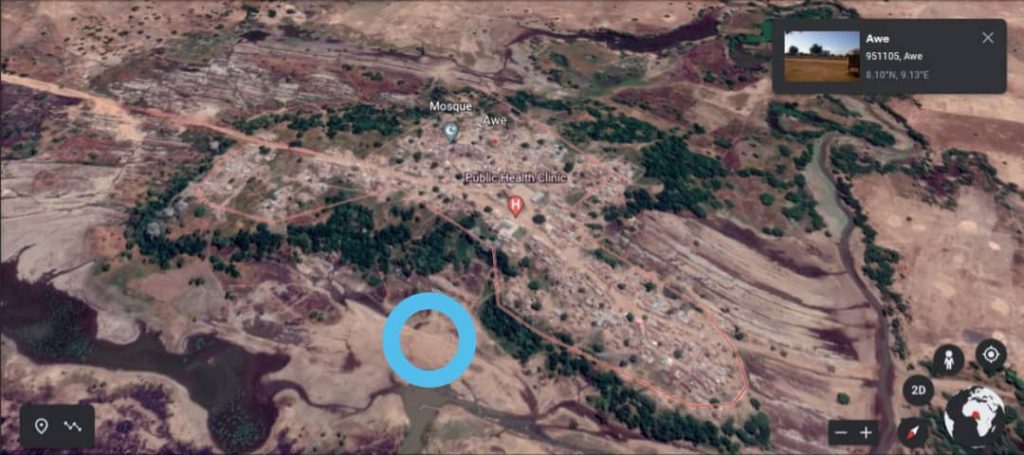
One thing stood out during my visit to Jagangari. Despite asking for the direction to both Mararaba-Awe and Sabongida-Awe three times from the men in the community, none of them would told me how to get there.
READ ALSO: UNDERCOVER: How Marketing Firm Uses Facebook Adverts to Rip Off Unemployed Nigerians
It was after about an hour that one of them eventually pulled me aside to say:
“Nobody would point to where both places are for you because it is like encouraging you to go and face death. Not a single soul resides in both places again.
“What you can do is to go back into town, try and seek security help and come back in their company to visit those places. It is dangerous, you can’t go alone.”
COMPLETELY DESERTED MARARABA-AWE AND SABONGIDA-AWE
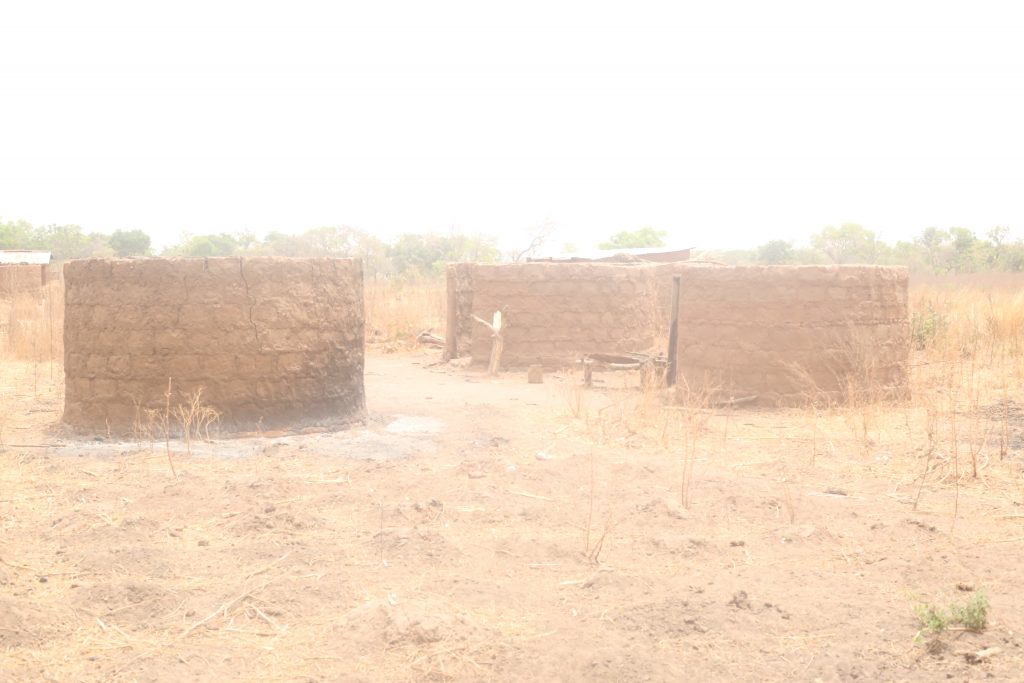
The next morning, I visited Mararaba-Awe and Sabongida-Awe with the help of a police patrol team I had luckily run into.
The journey to the settlements was much more difficult going with a vehicle than with a motorcycle. The uneven and often high paths made the trip a strenuous one.
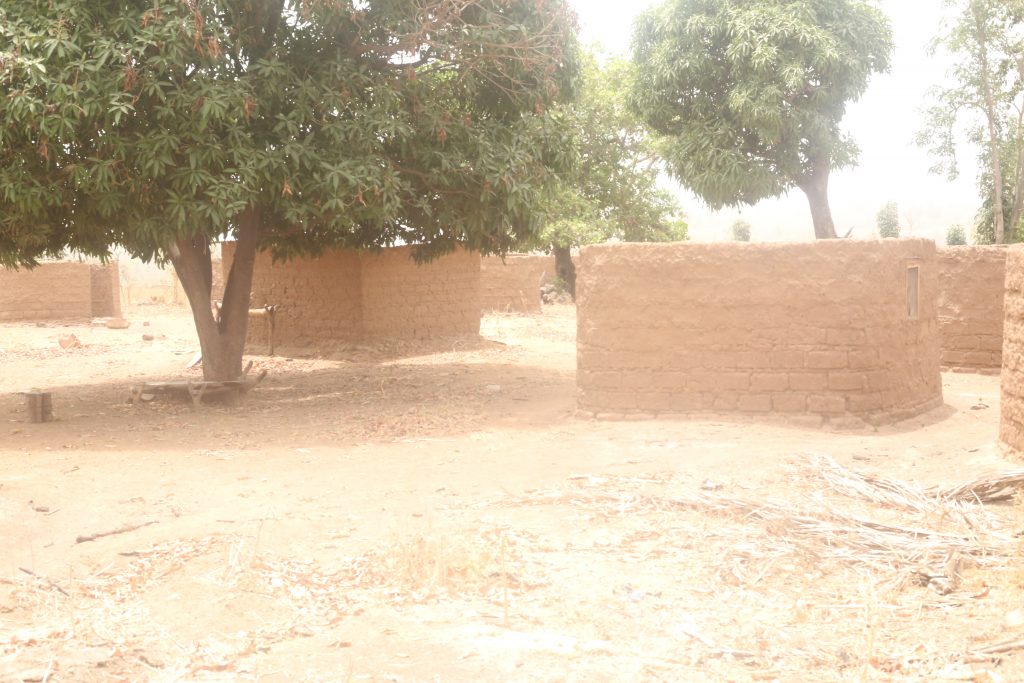
Just like both Marafa and Abdullahi had hinted, the two settlements had long been abandoned by their inhabitants, who are mostly Tiv-speaking farmers.
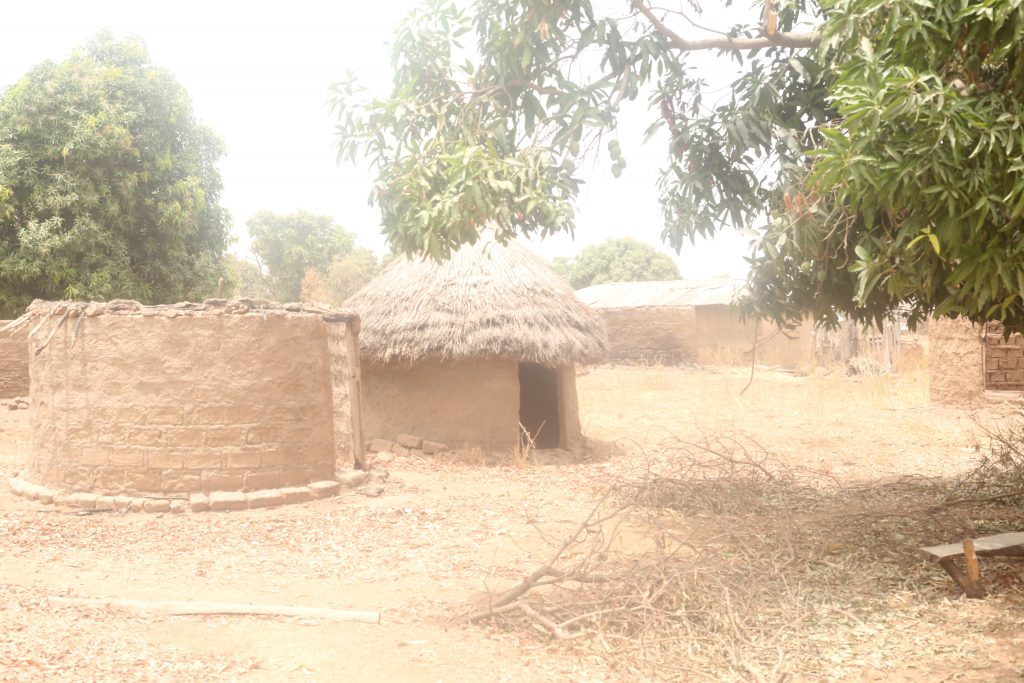
Most of the houses in both settlements were also burnt during the clashes.
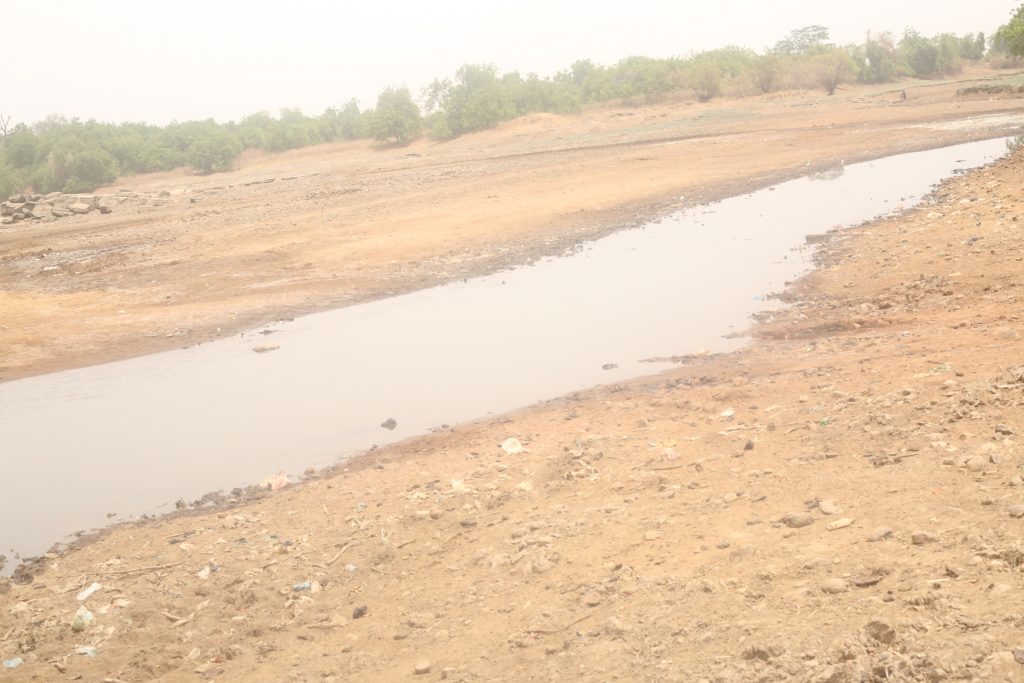
After about thirty minutes of going round the village to see what was left of it, I asked one of the police officers if he knew where some of the inhabitants were.
“Most of them are presently taking refuge in a primary school in Awe,” he replied.
READ ALSO: REIGN OF TERROR: Inside Plateau Communities Where Army Helps Killer Herdsmen
“If you leave here early enough, you may still be able to meet with some of them today.”
DISPLACED SABONGARI AND MARARABA RESIDENTS TAKING REFUGE IN A SCHOOL
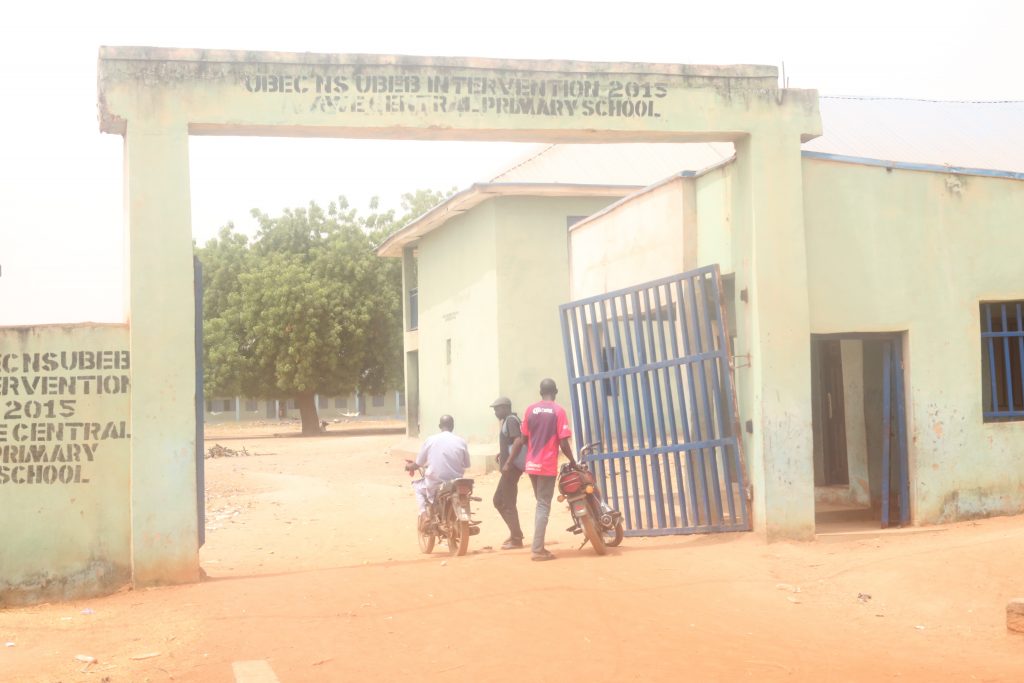
Just as gathered, most of the displaced farmers of Sabongida-Awe and Mararaba-Awe and their families were indeed taking refuge at Awe Central Primary School, Awe.
According to Alex Avindi, the inhabitants of both settlements had to take refuge in the school due to the incessant attacks due to incessant herdsmen attacks
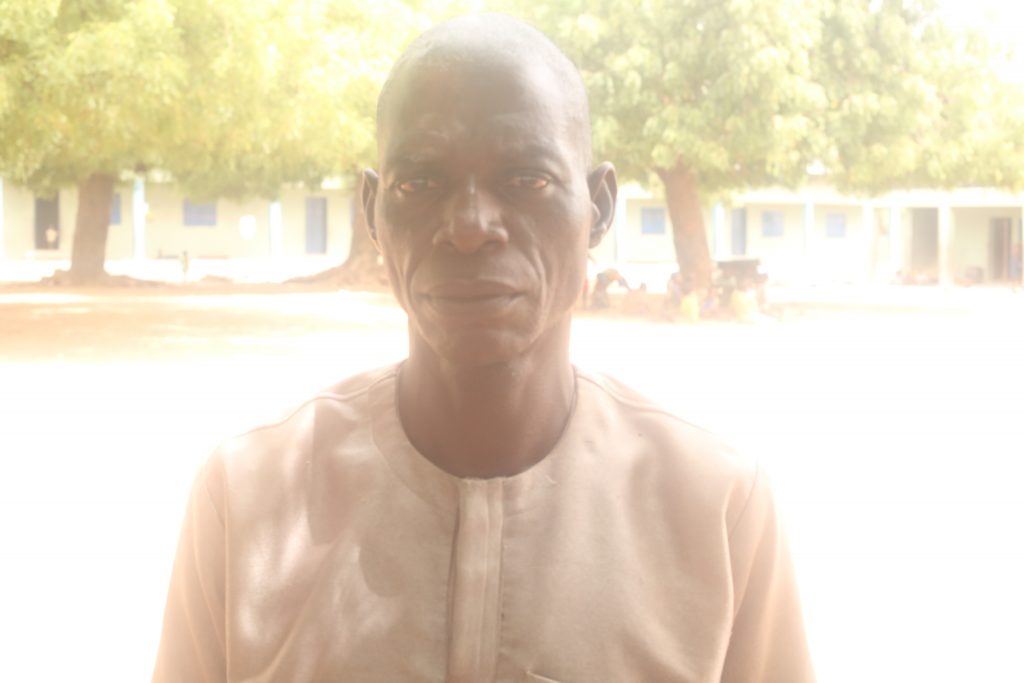
“In May last year, we were in our settlements going about our businesses when we were attacked by suspected herders,” Avindi said.
“During the attack, one of our brothers was killed, while another sustained serious injuries. Later, we got to discover that the attack was as a result of the series of fights that had ensued in the past over the way they destroyed our crops and messed up the only water source we depended on.”
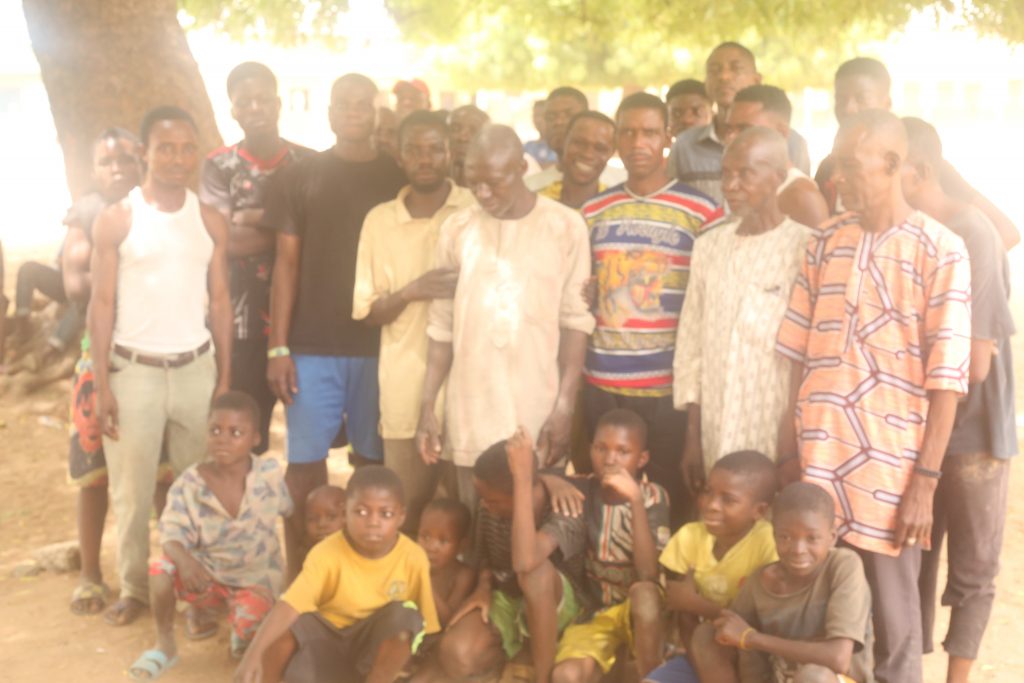
Since the first attack, the inhabitants have had to abandon their homes to take refuge somewhere else three times.
“We have known no peace since we were first attacked last year,” Akir Michael, another member of Sabongida settlement.
“After fleeing when they first attacked us, we came back to our settlement a month later, thinking peace would reign. But, they attacked us again and we had to flee the second time. The same thing happened the third time.
“Right now, we can’t even go back to our own homes for fears that we might be attacked again. We have been taking refuge in this school ever since.”
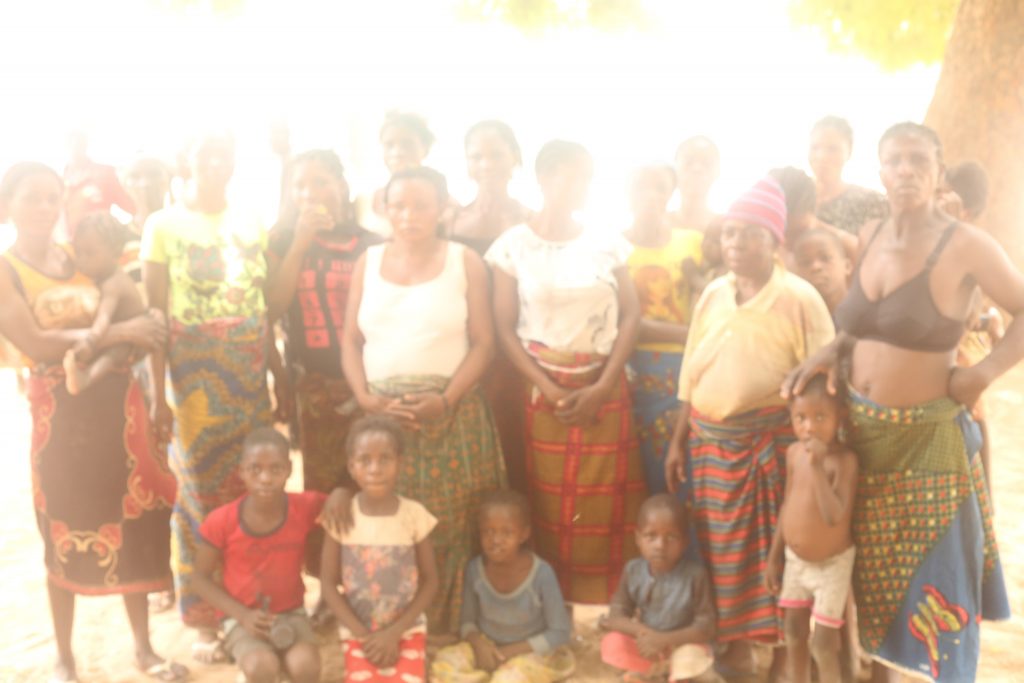
READ ALSO: INVESTIGATION: Ilaje Coastline Residents Die so Nigeria May Survive
“We now work as labourers on other people’s farms around here just to make ends meet. We really would love to go back to our homes. We want peace to reign.”
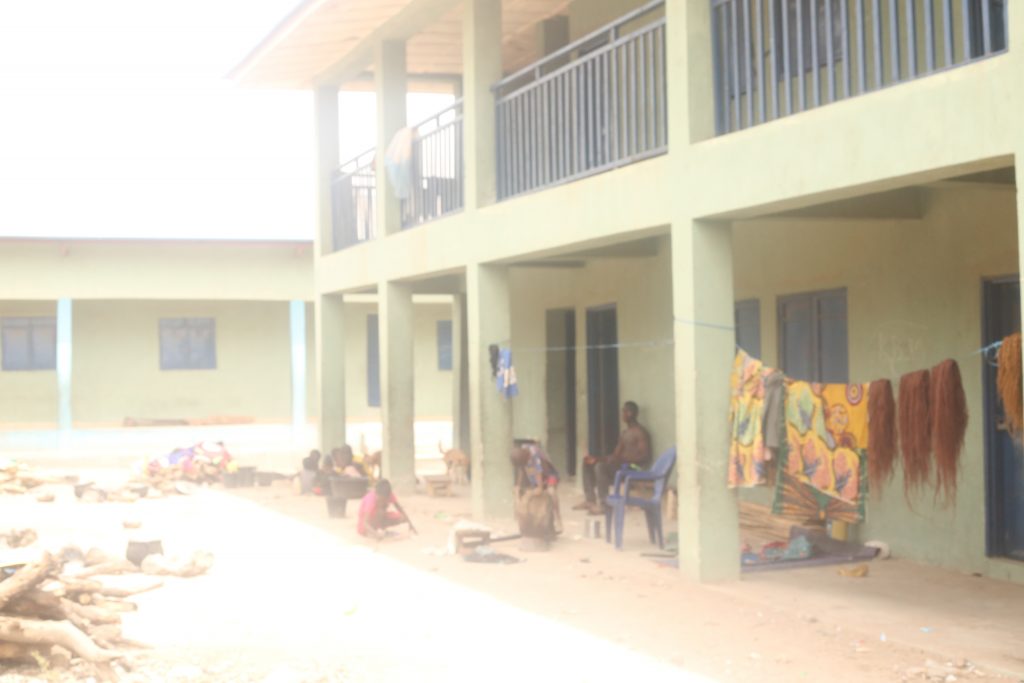
At the moment, the people of Sabongida-Awe and Mararaba-Awe do not know if they will ever return to their homes again.
ENCOUNTER WITH A HERDER
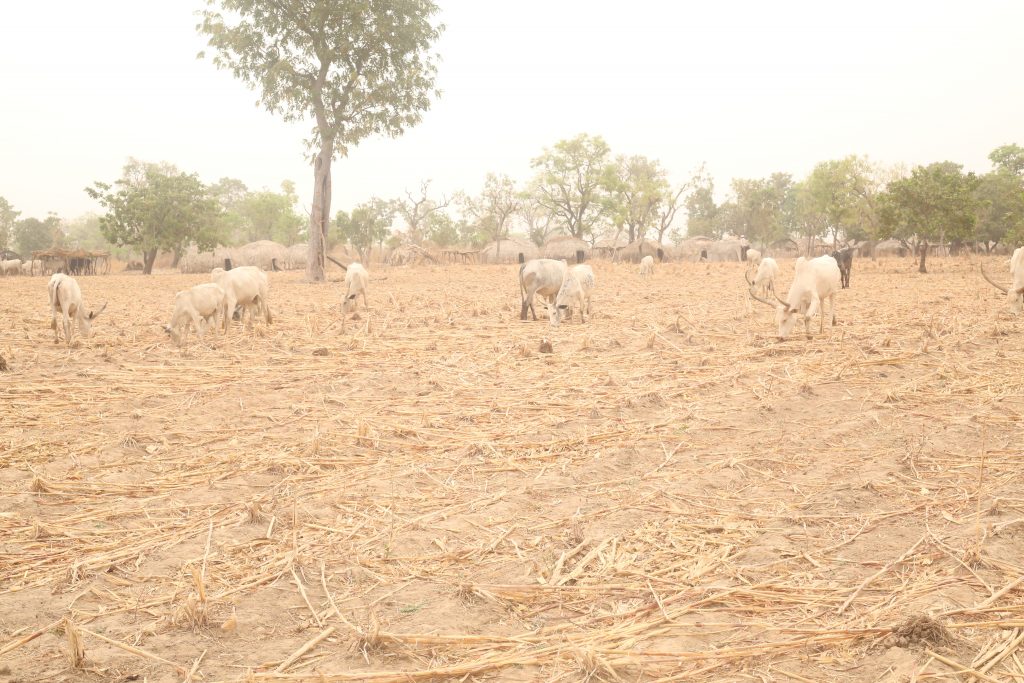
On the afternoon Jacob refused to take me to Gidan Daah after we left Chabo, we encountered a herder tending to his livestock on our way back to Assaikio. He waved to greet us, and I told Jacob to stop.
As soon as Jacob stopped, I ran to meet him. There was however a barrier: we could not communicate with a common language. Jacob interpretd him.
“It is so unfortunate that people now see every Fulani man as a killer and a trouble maker. This is not true,” said the man, who simply introduced himself as Ado, during our chat.
READ ALSO: UNDERCOVER: Inside Lagos Drug Dens Where the Police is ‘Your Friend’
“Look at me, for example. I am just a herder looking for how to take care of my flock. This is all I have, this is the life I’ve ever known. I have also never fought anyone over his farm before. All I want to do is just to take care of my cows.”
Ado said he had in recent times encountered people from other tribes who would call him despicable names for acts he knew nothing about.
“There was a day I encountered a group of children who were hunting for grasscutters. One of them started calling me a killer and the others did the same. They then ran away afterwards. I felt bad that day. I will never hurt a soul. But these days, people now see us as killers,” Ado said.
When I asked him if I could take a photograph of him, he declined, saying I could take pictures of his flock instead.
PRESENT SITUATION OF THINGS
With 30 and nine deaths respectively, the Tiv settlements worst hit by the December 18 attack in Nasarawa State are Chabo and Gidan Daah.
Other settlements like Tse-Udugh, Ayaakeke, Kyor-Chiha, Hagher, Wuchi and Shankodi accounted for the six other deaths recorded during the period.
However, a large portion of the people in these areas have either fled to other states or displaced. Some are taking refuge in schools and other settlements in Obi, Awe and Lafia, and hoping the government would provide security, such that they would be able to return to their homes soon.
In February, Muazu Maifata, chairman, Association of Local Governments of Nigeria (ALGON), Nasarawa State chapter, promised that all IDPs would be returned to their native abode before the beginning of the rainy season this year.
READ ALSO: FACT CHECK: The Truth and Lies in Kwara Police’s Press Statement on N400,000 Bribery Case
That however remains to be seen, as thousands of affected people are still either living as IDPs or have relocated to another settlement to begin a new life.
“What you see here today is not a true reflection of the population of this settlement,” Dennis Usungu had said during my visit to Chabo.
“We used to be very many as a people. But because of the recent attacks on us, many have fled and have vowed never to come back.”
At the Awe Central Primary School, Alex Avindi also said he was not sure help would come from the government anytime soon.
“They keep telling us they are doing everything possible to ensure that we return to our homes, but we are yet to see any concrete move,” he said.
RECOMMENDATIONS FROM VICTIMS
During my chat with him, Jimmy Daah suggested that permanent police presence in isolated settlements such as Gidan Daah would go a long way in saving many lives and property.
“We have become endangered species in our own settlements as a result of the unending attacks that we suffer,” he said.
“If we can have a police station or post in our locality, all these killings and clashes would become a thing of the past.
“No tribe would attack another tribe, knowing that there is heavy police presence in the area.”
On my way to Mararaba-Awe and Sabongida-Awe, the police officer behind the wheel, who pleaded anonymity, spoke about the bad road network leading to rural settlements in Obi and Awe.
“Hope you can see what we go through on a daily basis?” He said after the vehicle engine went off while we were trying to climb a hill.
“The roads are not motorable and it is not always easy for us to patrol these areas. It usually takes a lot of time for us to effectively go around in order to maintain peace in these regions.
“If the government can at least bring their tractors to level the roads, monitoring and keeping peace in these areas would be easier for us.
“There is also a psychological side to it. Once a tribe knows that the police is effectively patrolling an area, they won’t even think of waging war or attacking another tribe.”
Another officer in the patrol team, who also asked not to be named, suggested the provision of motorcycles so they could effectively keep peace in the area.
“Though the roads are in deplorable conditions, I can still say monitoring would be more effective if we are provided with motorcycles, instead of patrol vans,” he said.
“If we say we want to bank on the government to level the roads, just as my colleague had suggested, it would take a while before that can be achieved.
“What I think is immediately achievable is for us to have motorcycles that we can use in monitoring the settlements around us and ensure peace,” he said.
READ ALSO: Two Policemen in Kwara Busted a Car Theft Ring. Their reward? A Sack!
During my chat with Dennis Usungu, he spoke about the importance of religion during a crisis.
“We are a people that believe so much in religion,” he said. “Our religious leaders have a lot to do in terms of letting people realise that we are all one. We may speak different dialects, practice different religions, but at the end of the day, we are all we have.
This Story was produced in partnership with the Centre for Democracy and Development (CDD)
Subscribe
Be the first to receive special investigative reports and features in your inbox.


